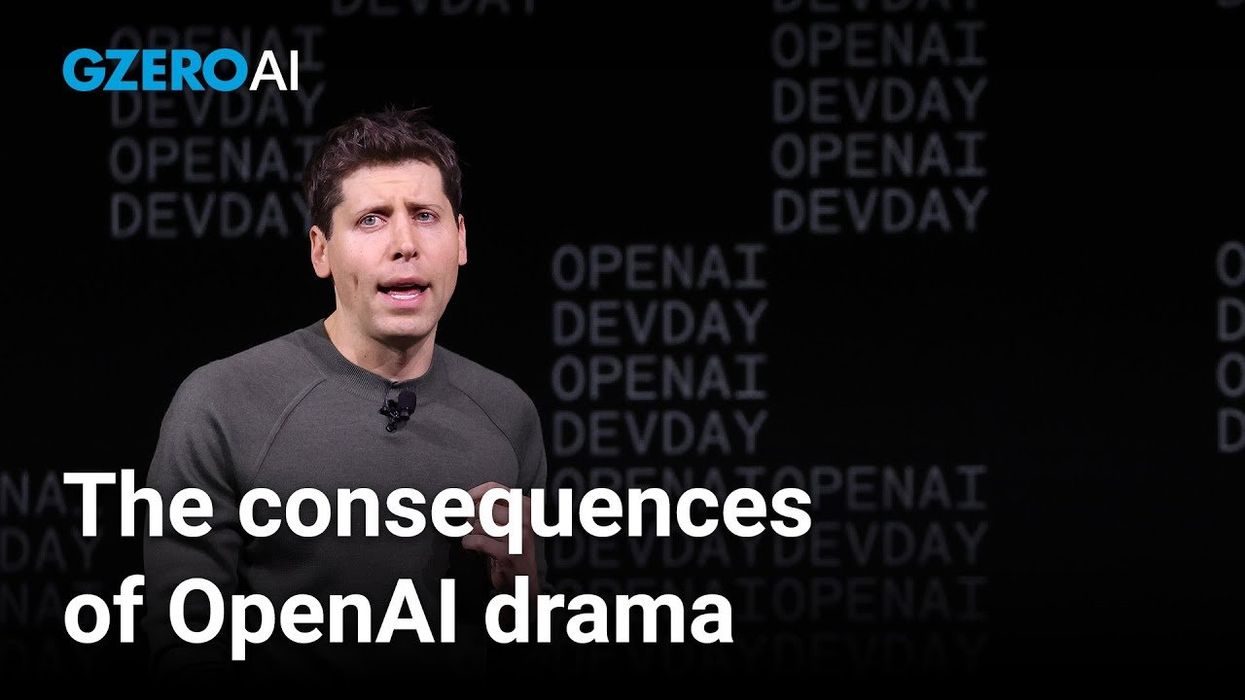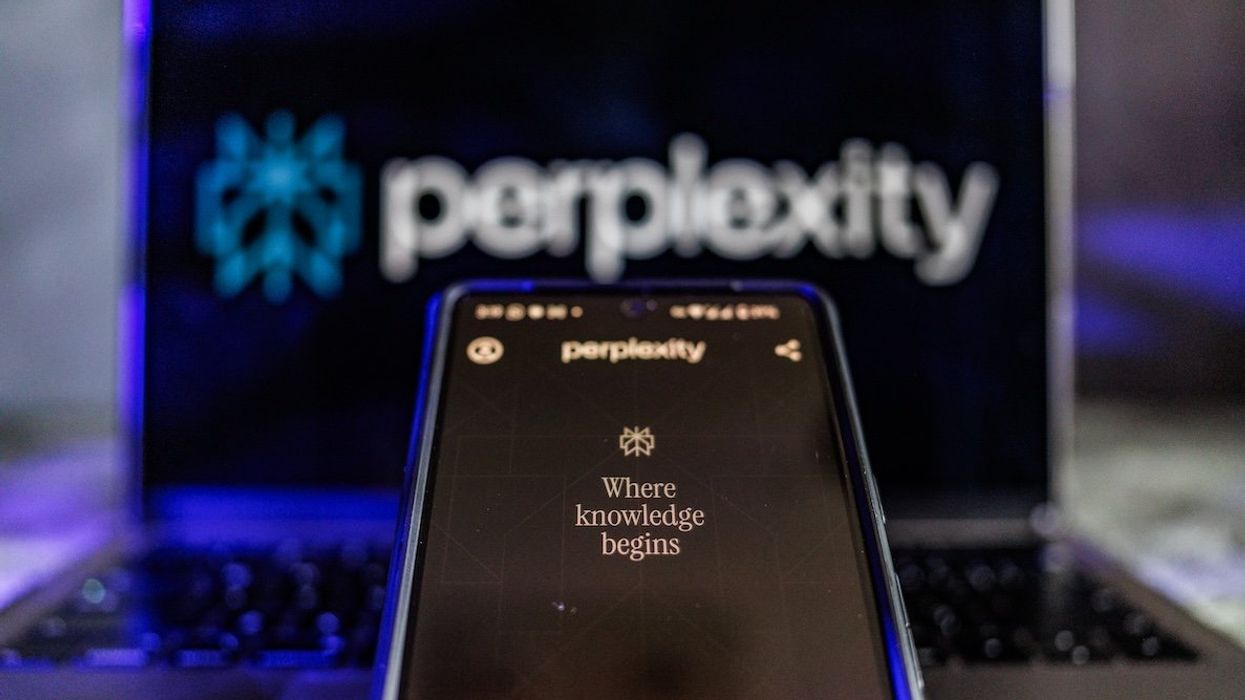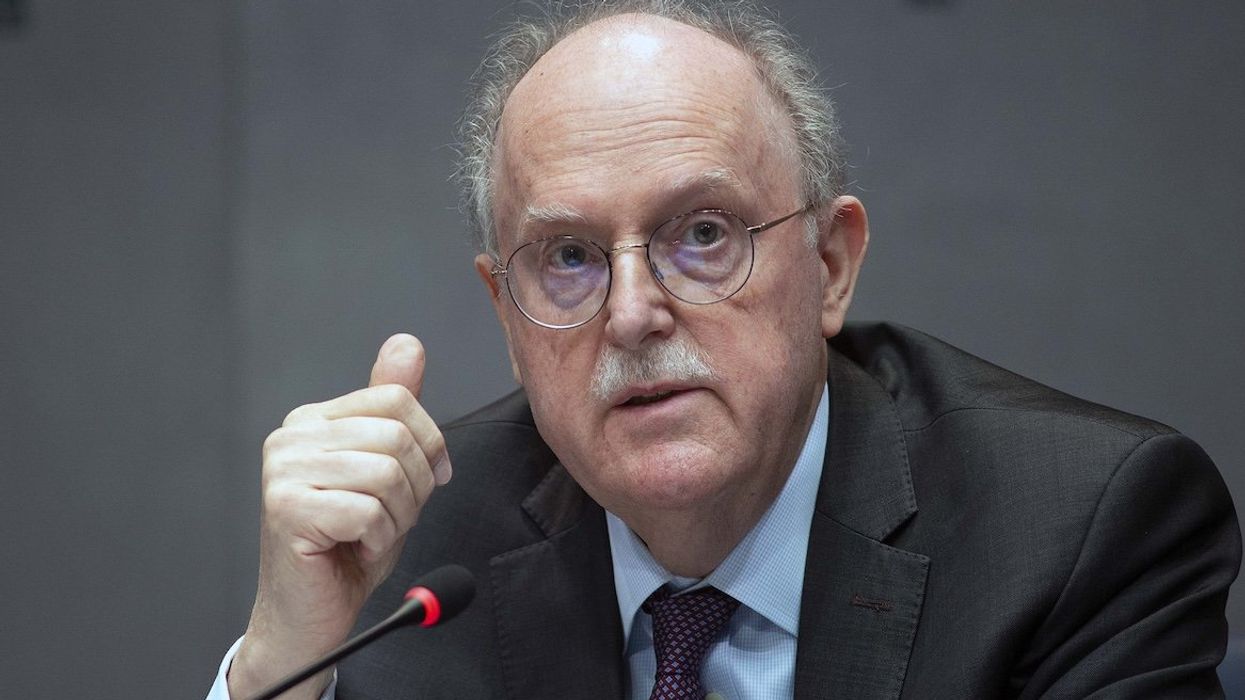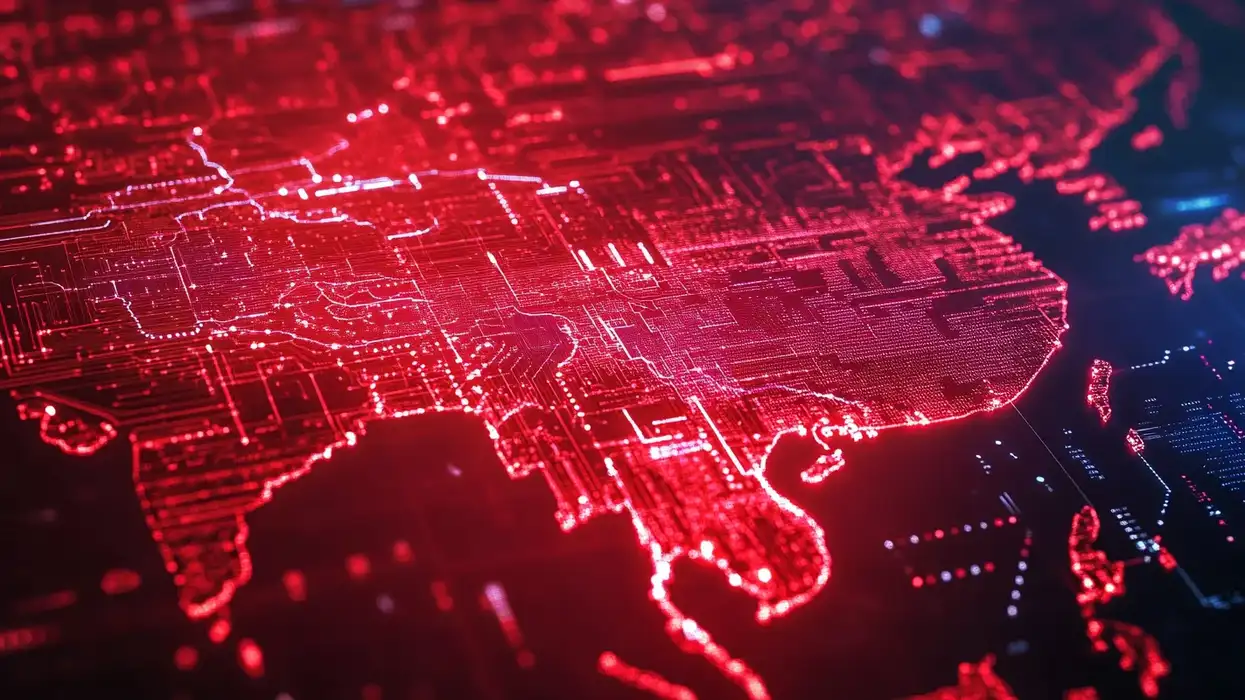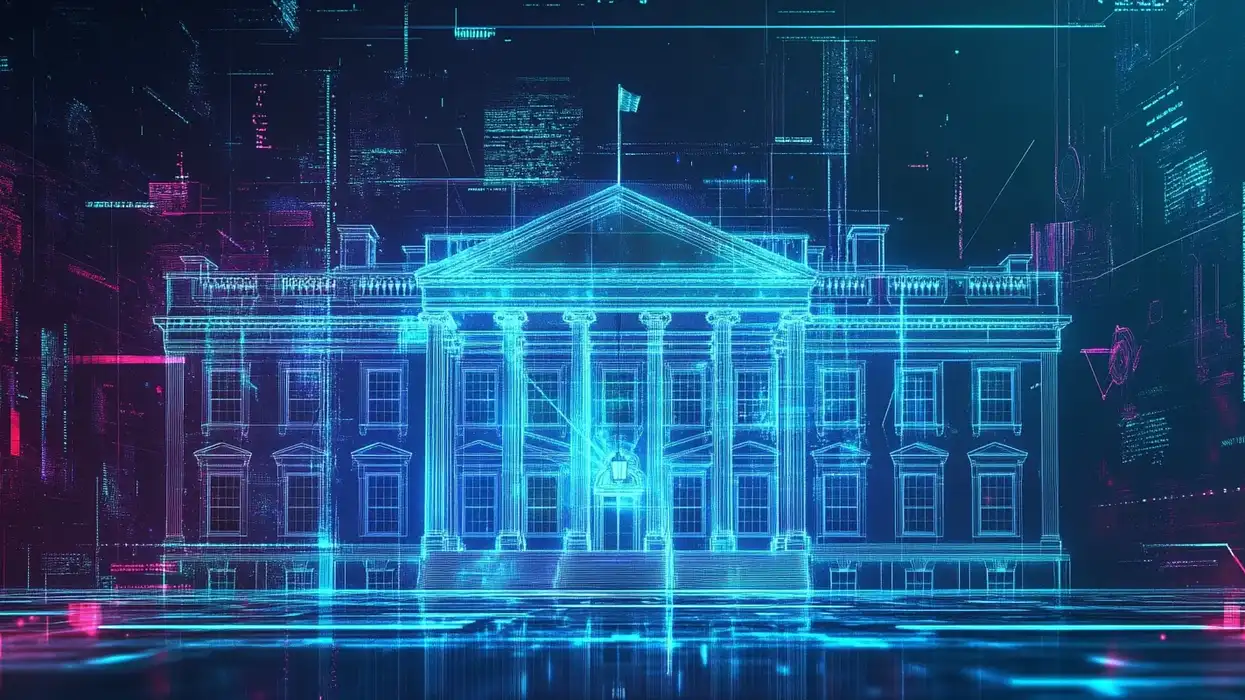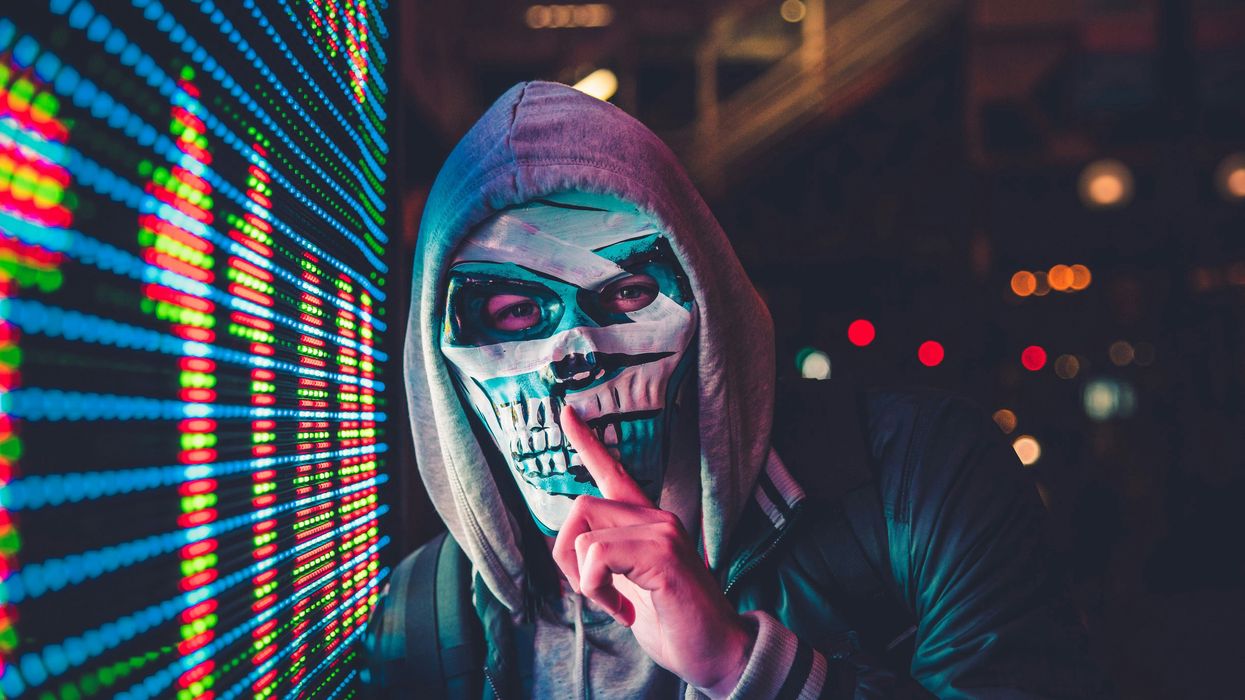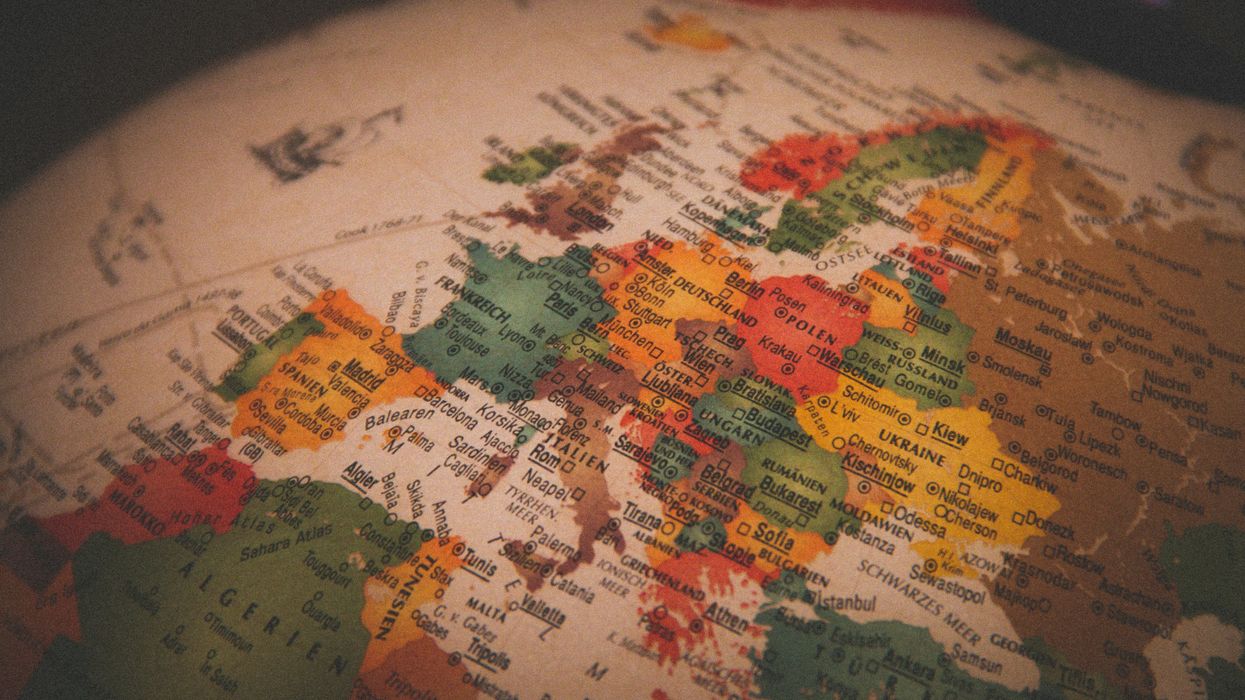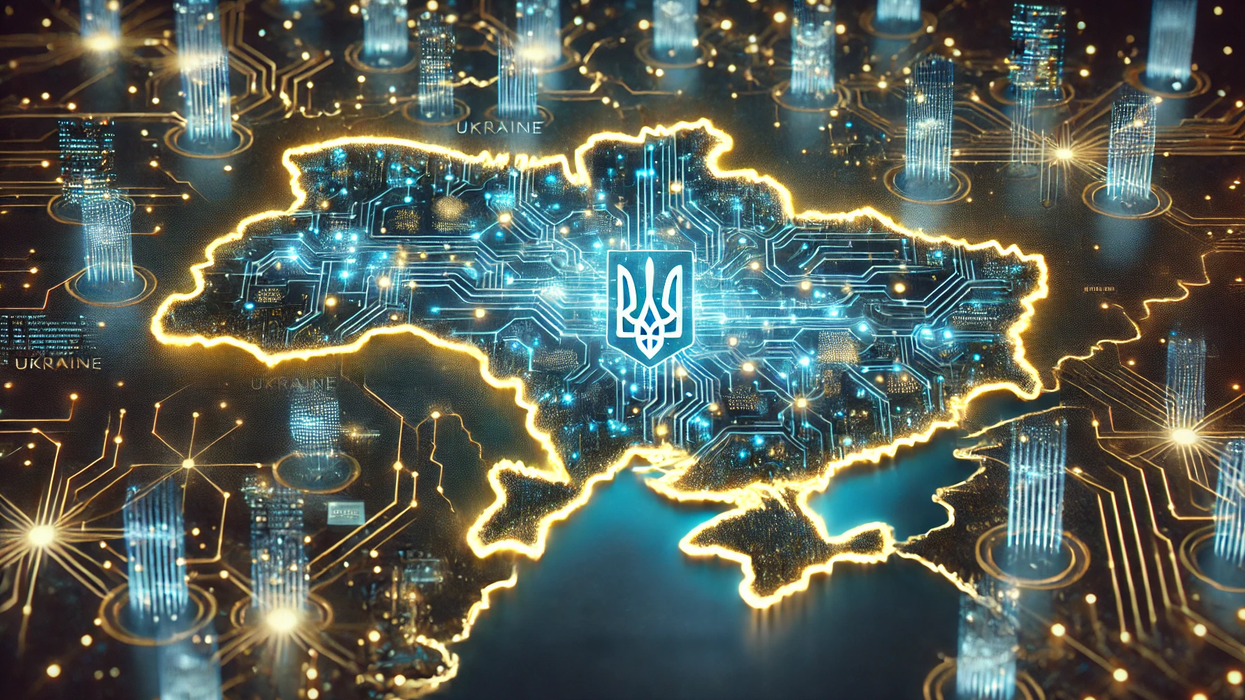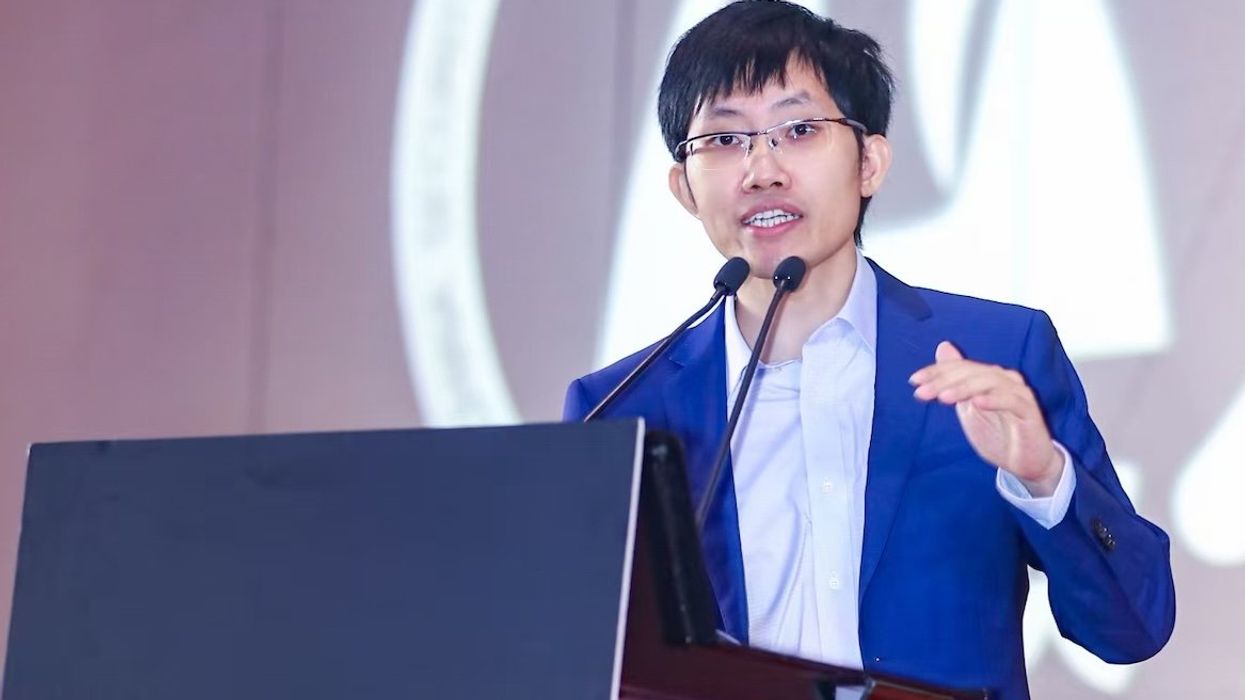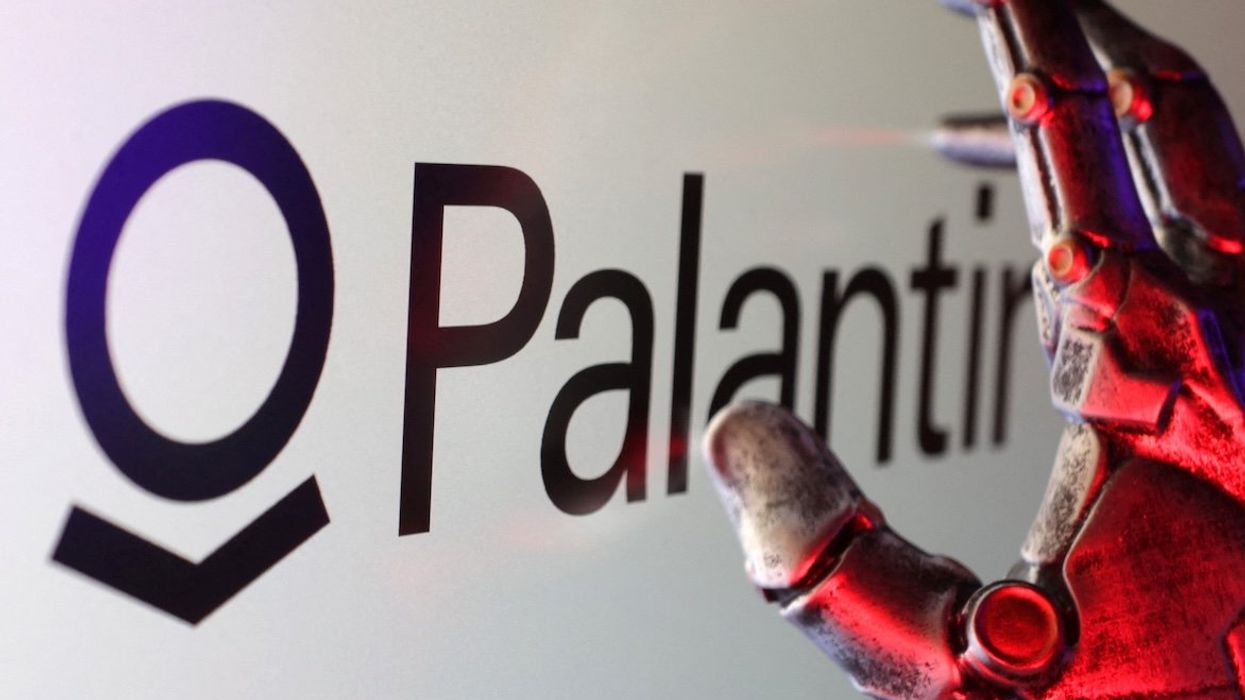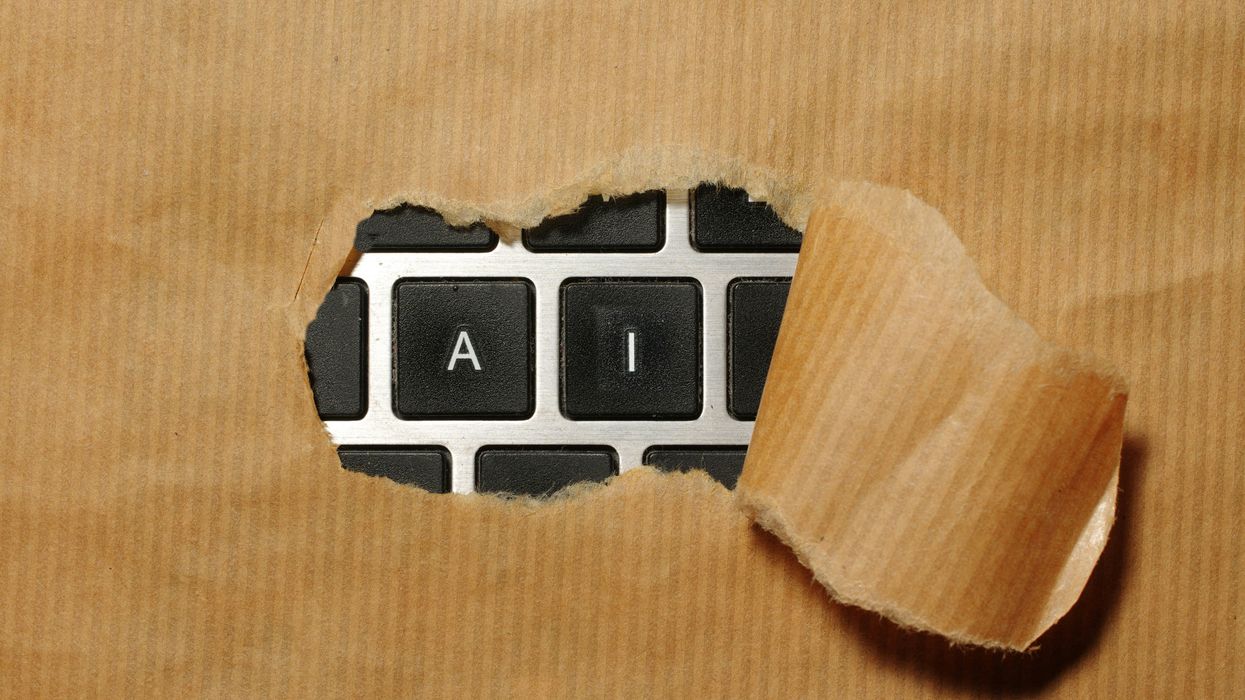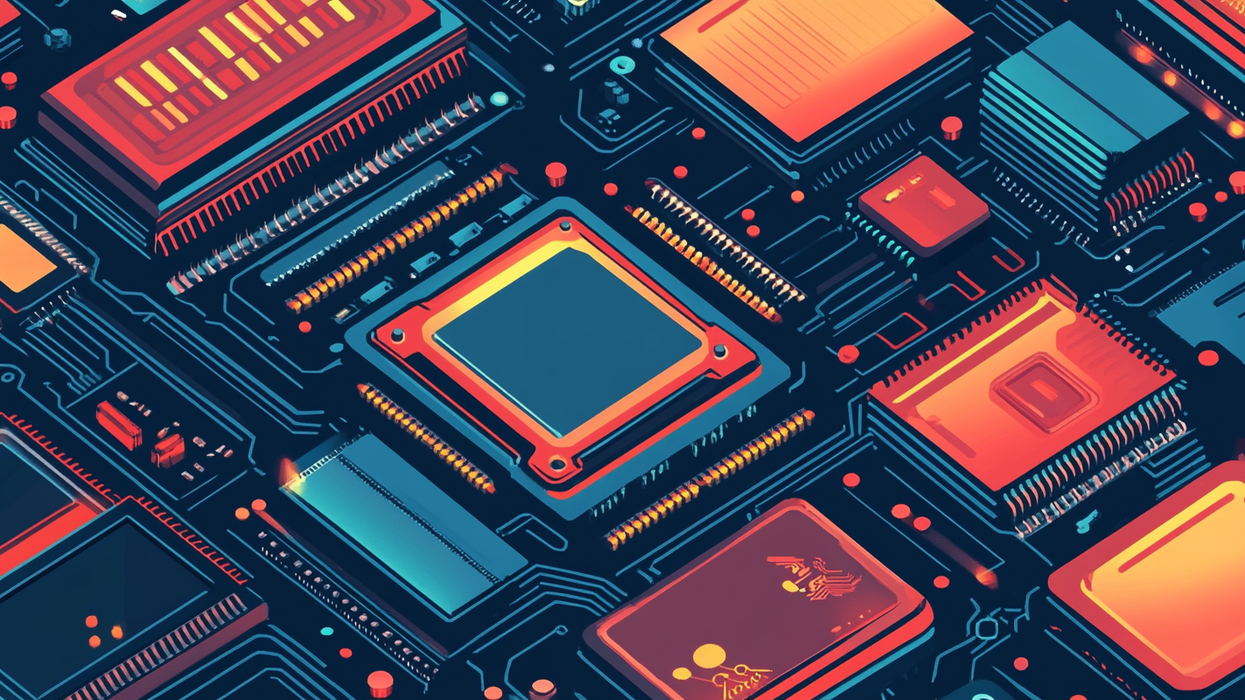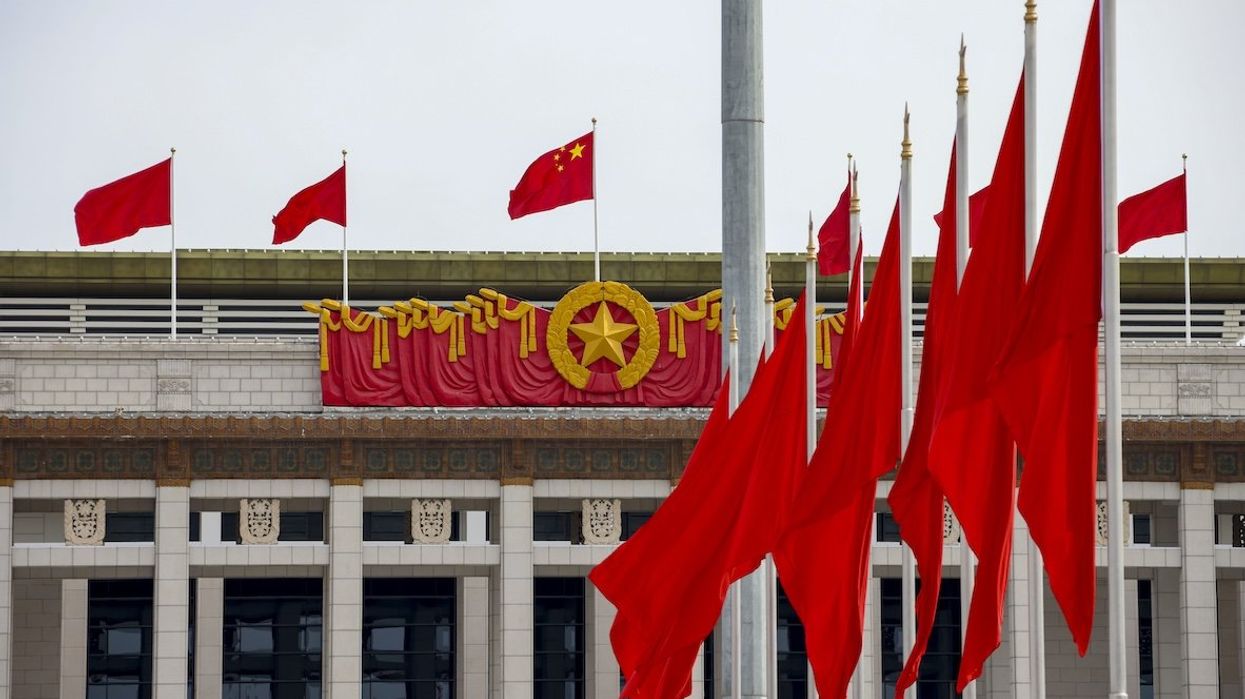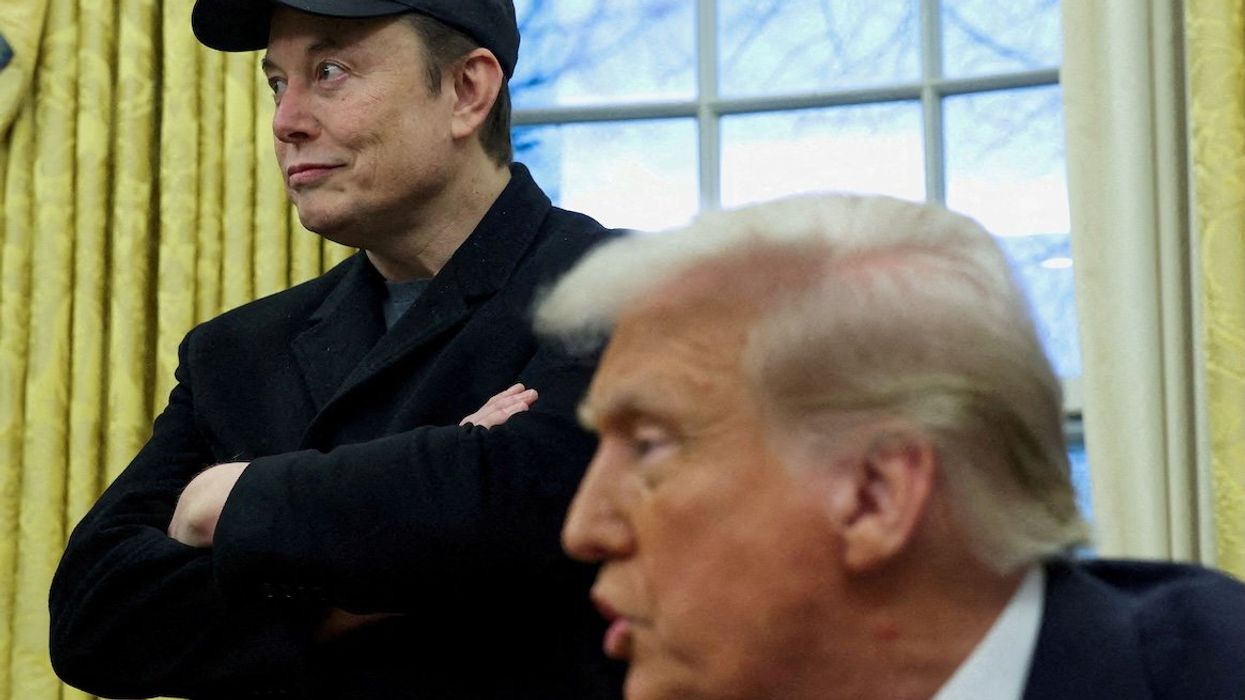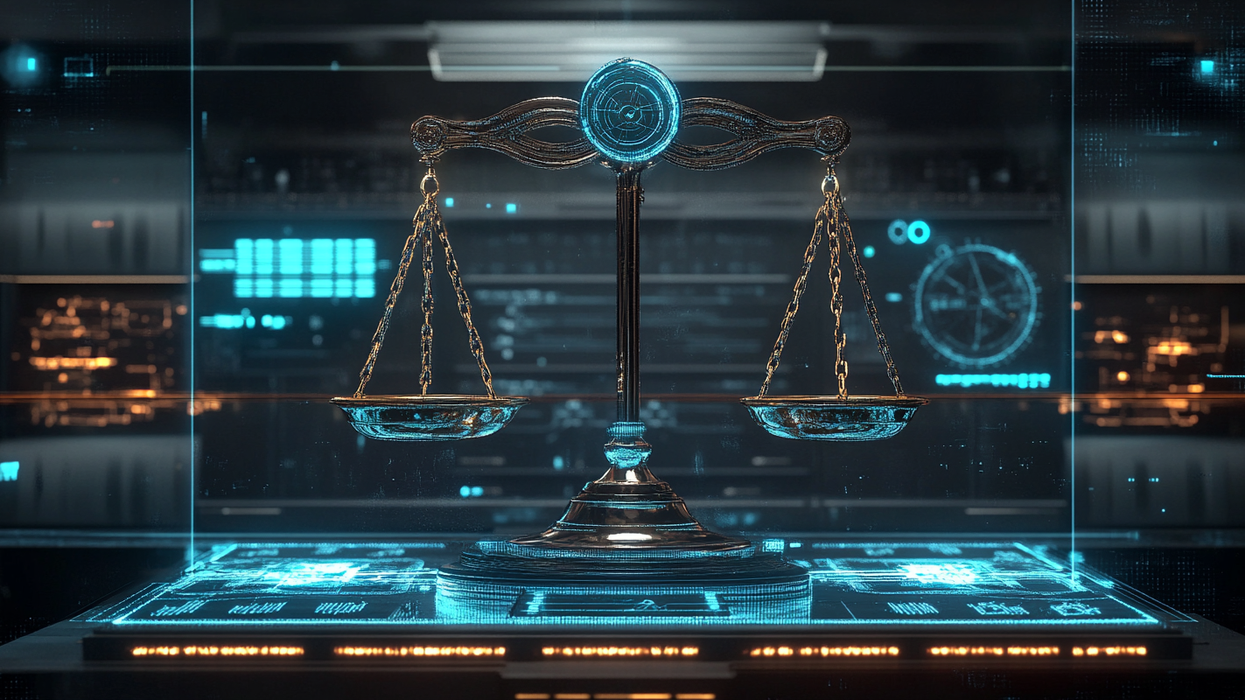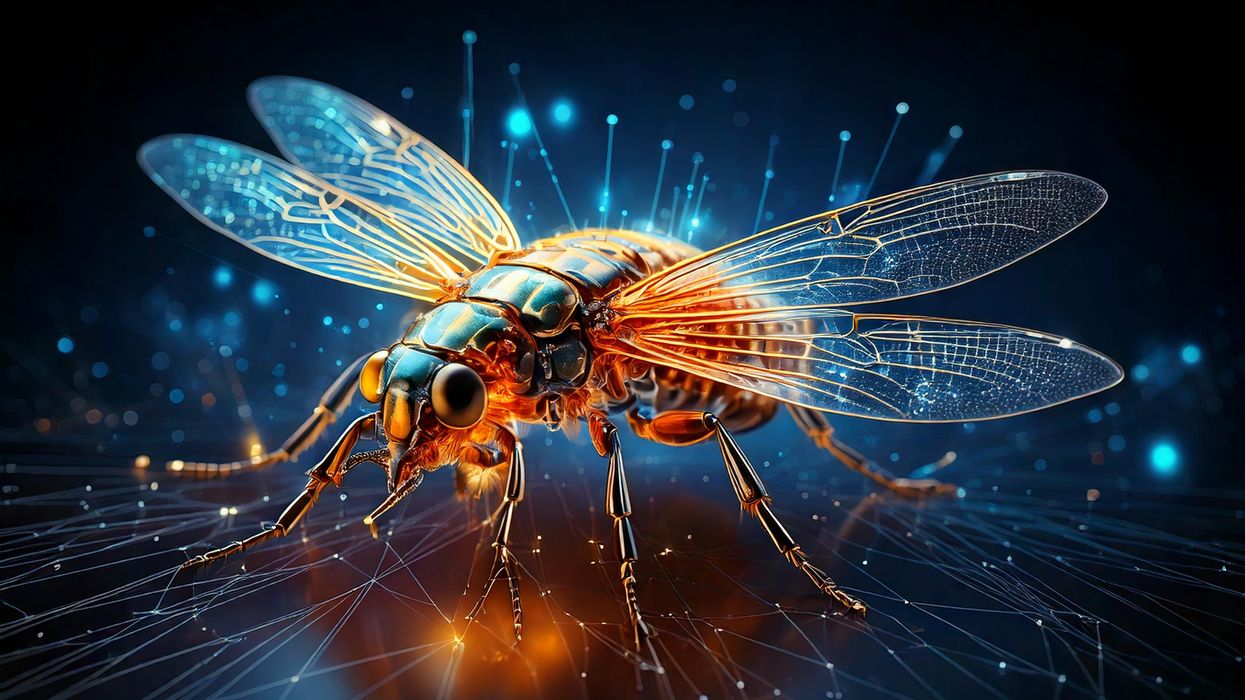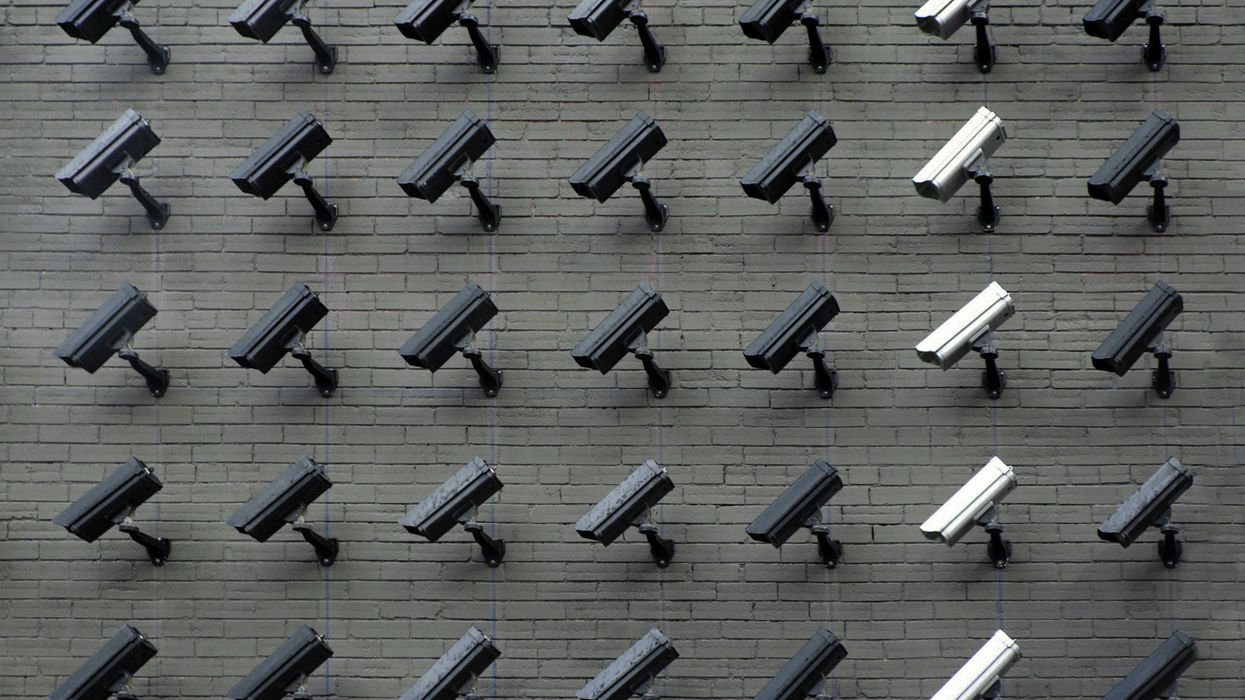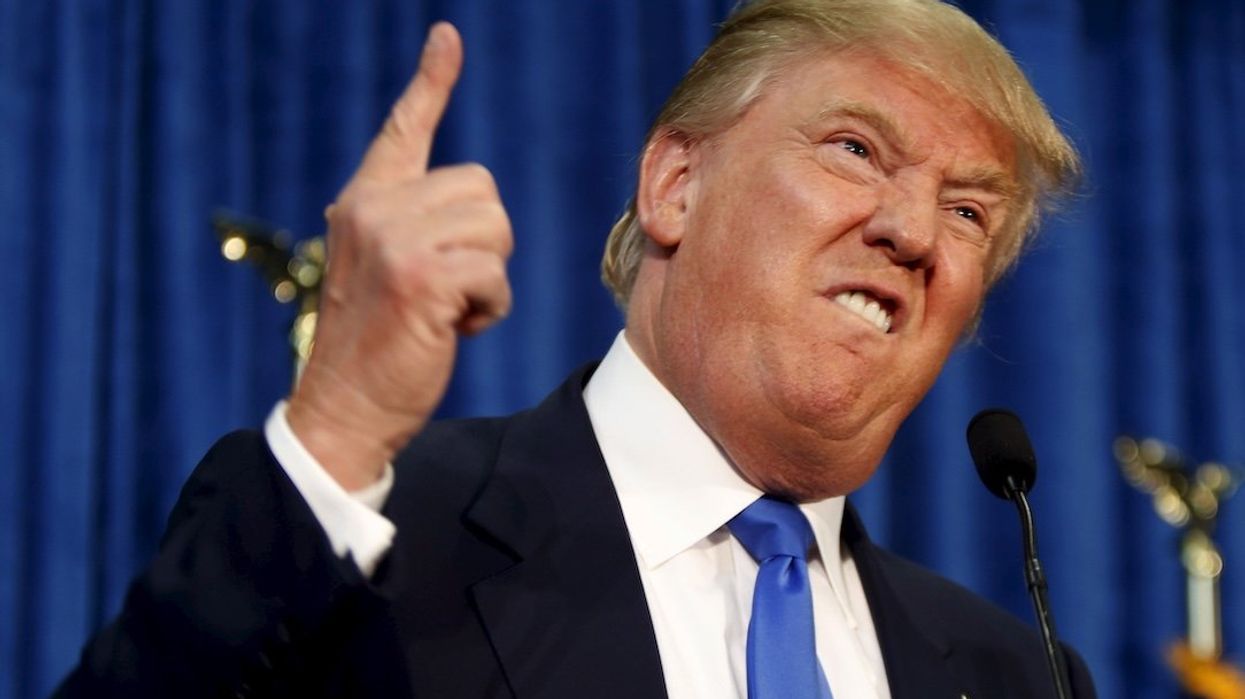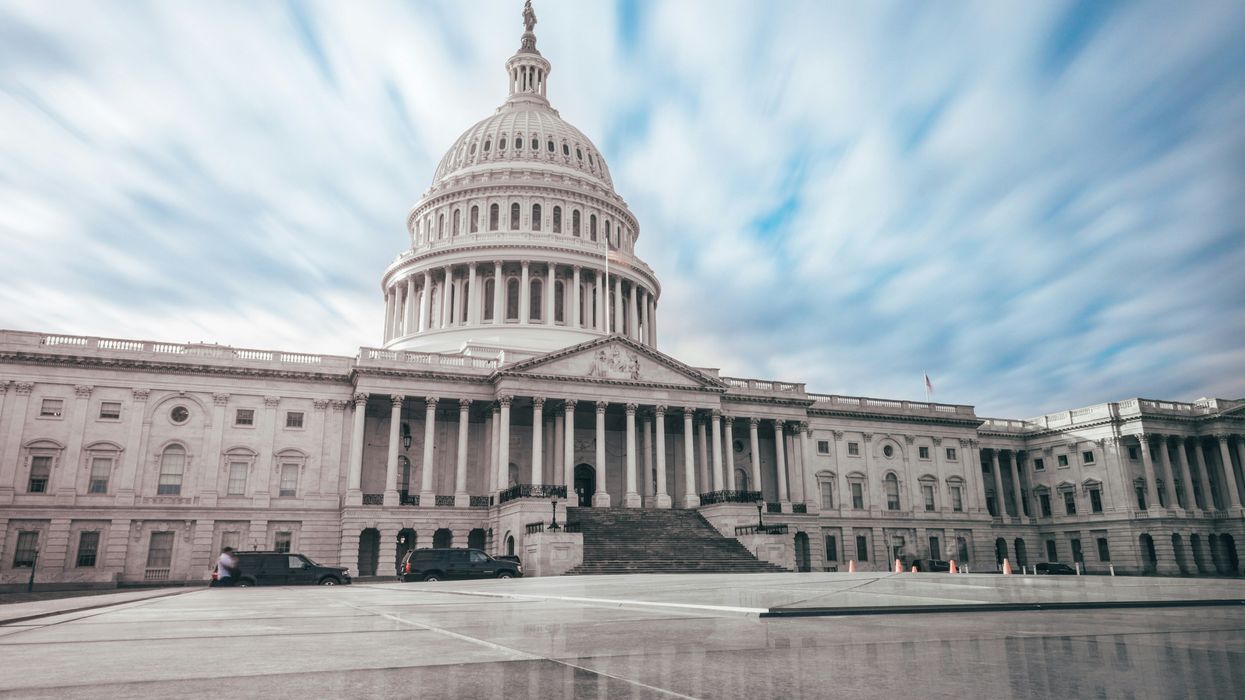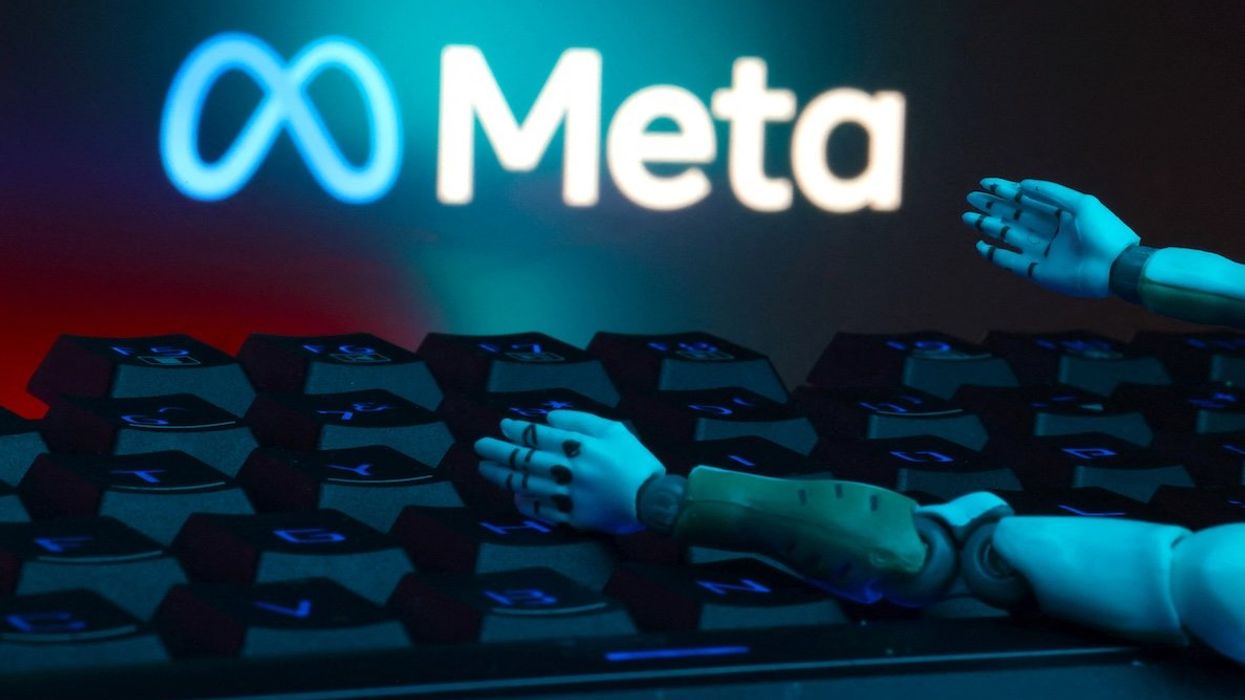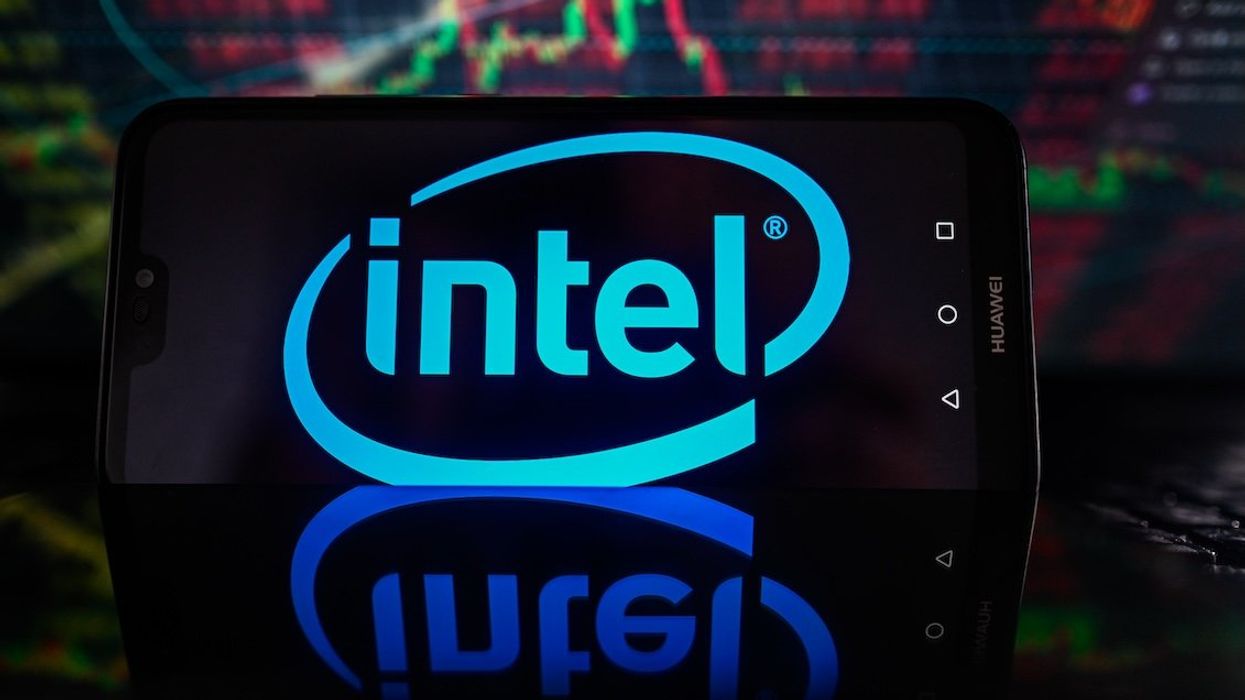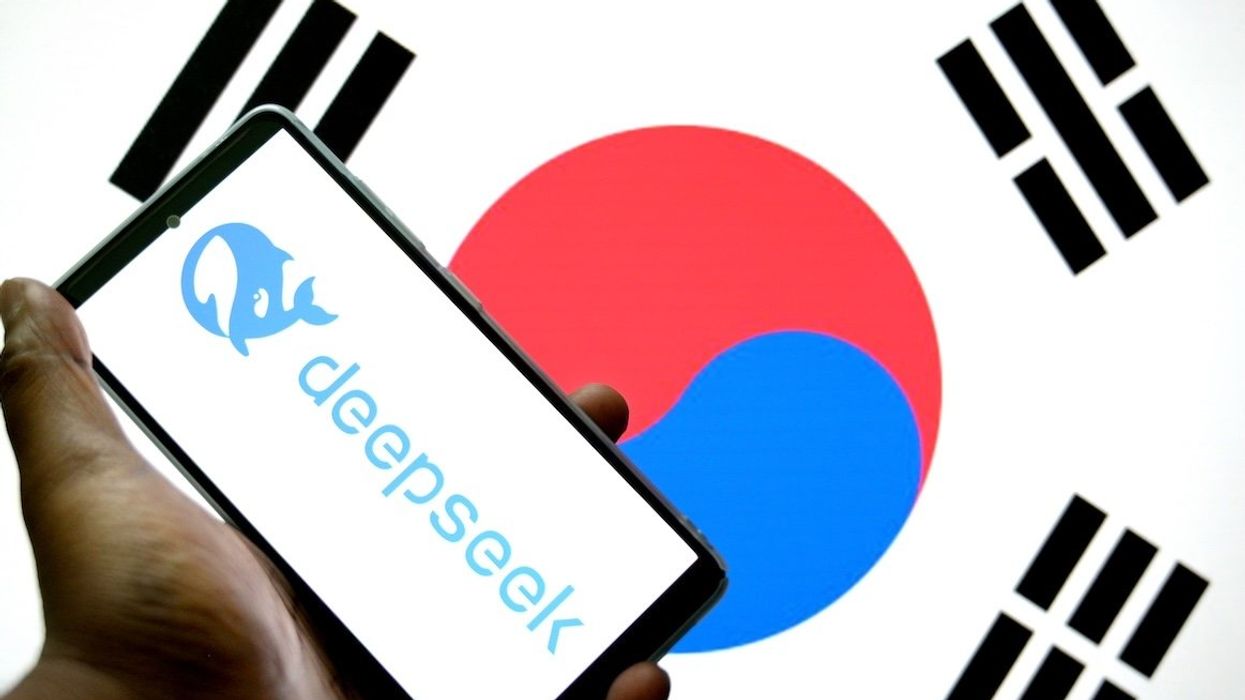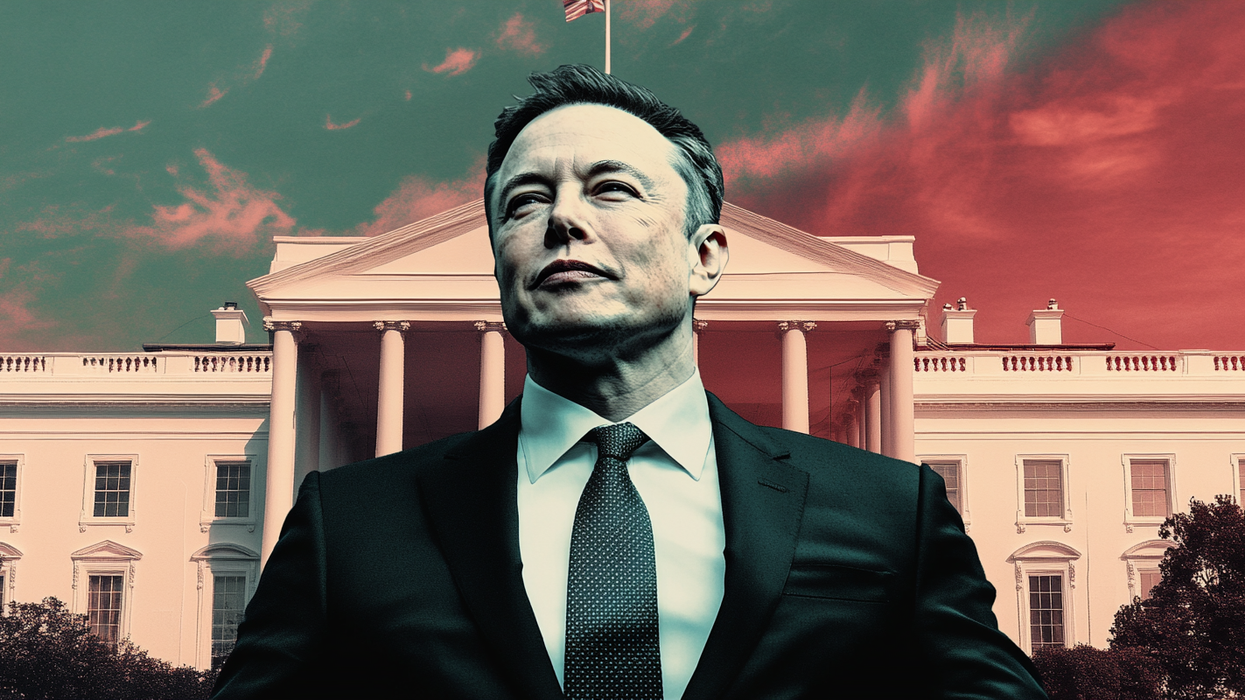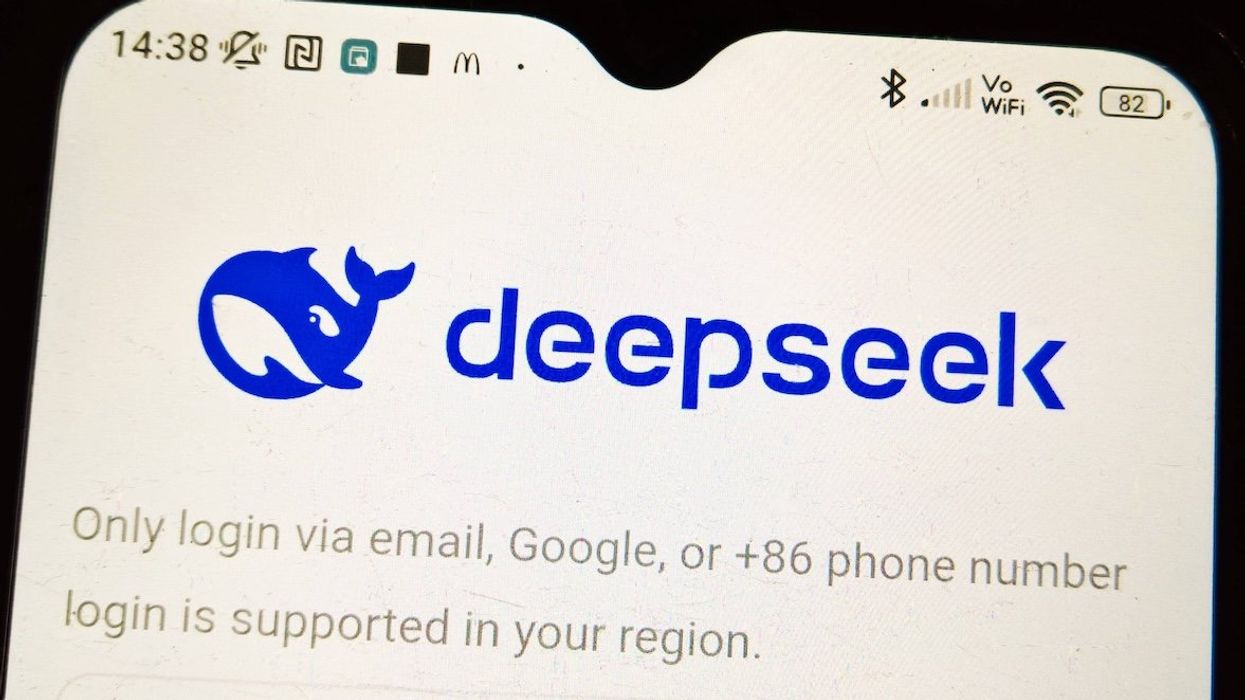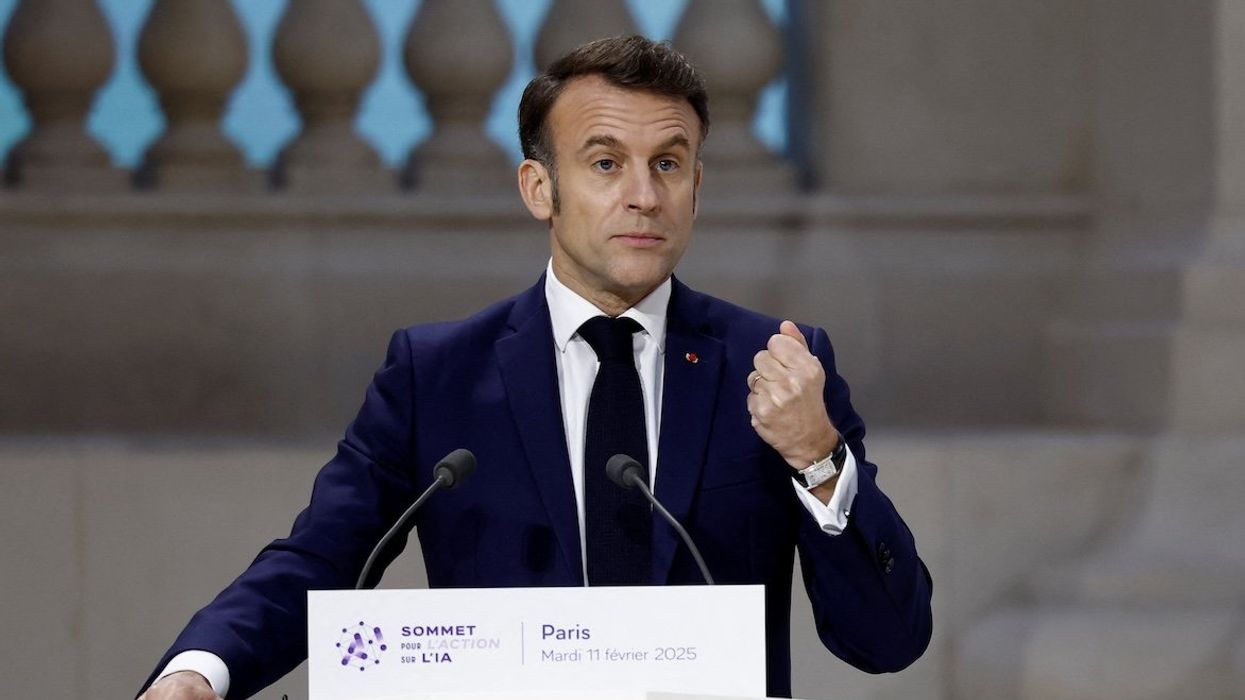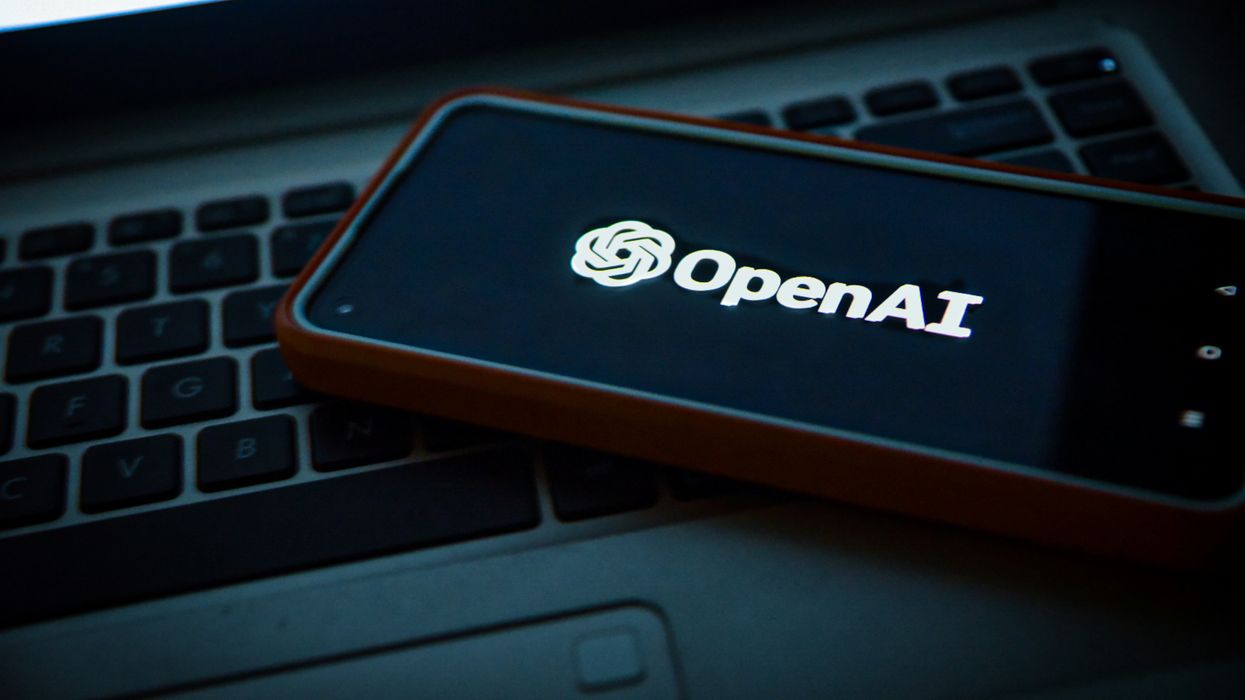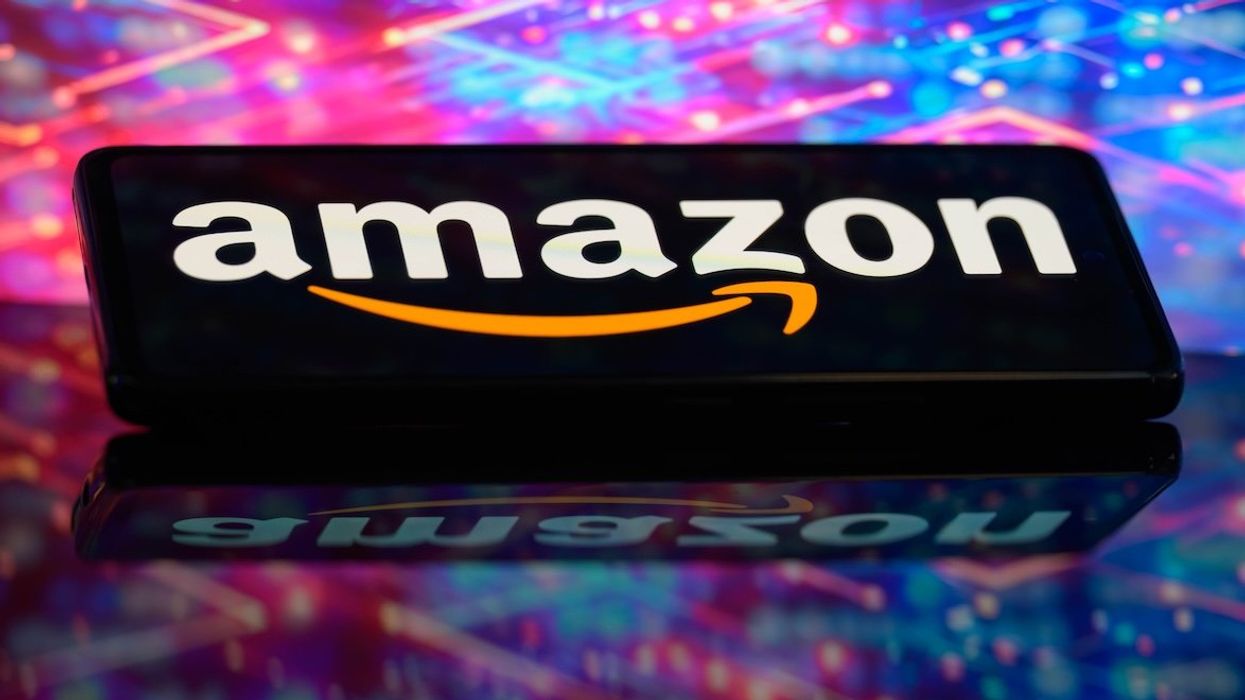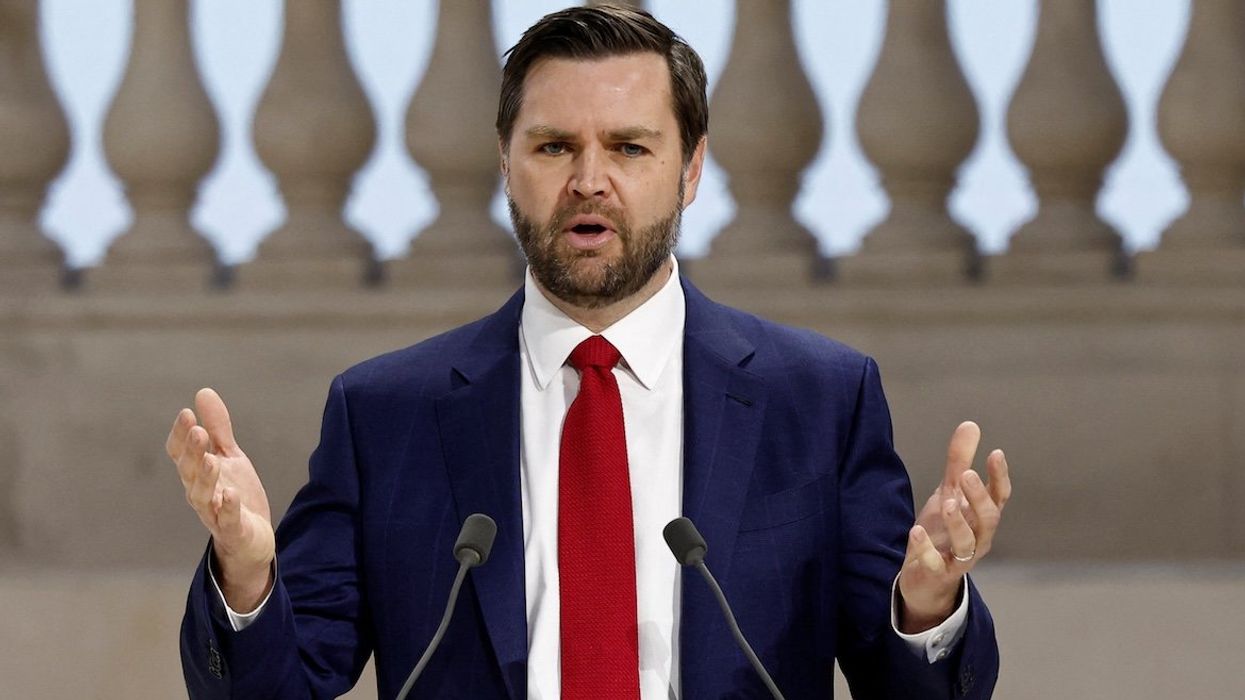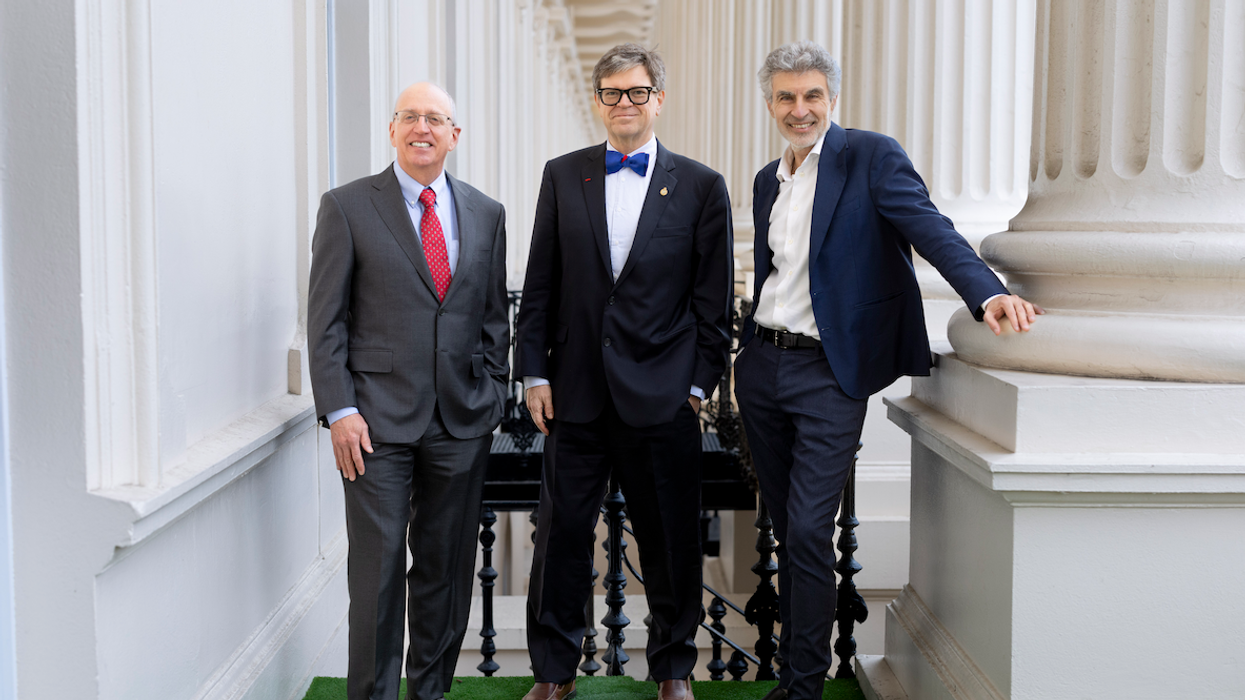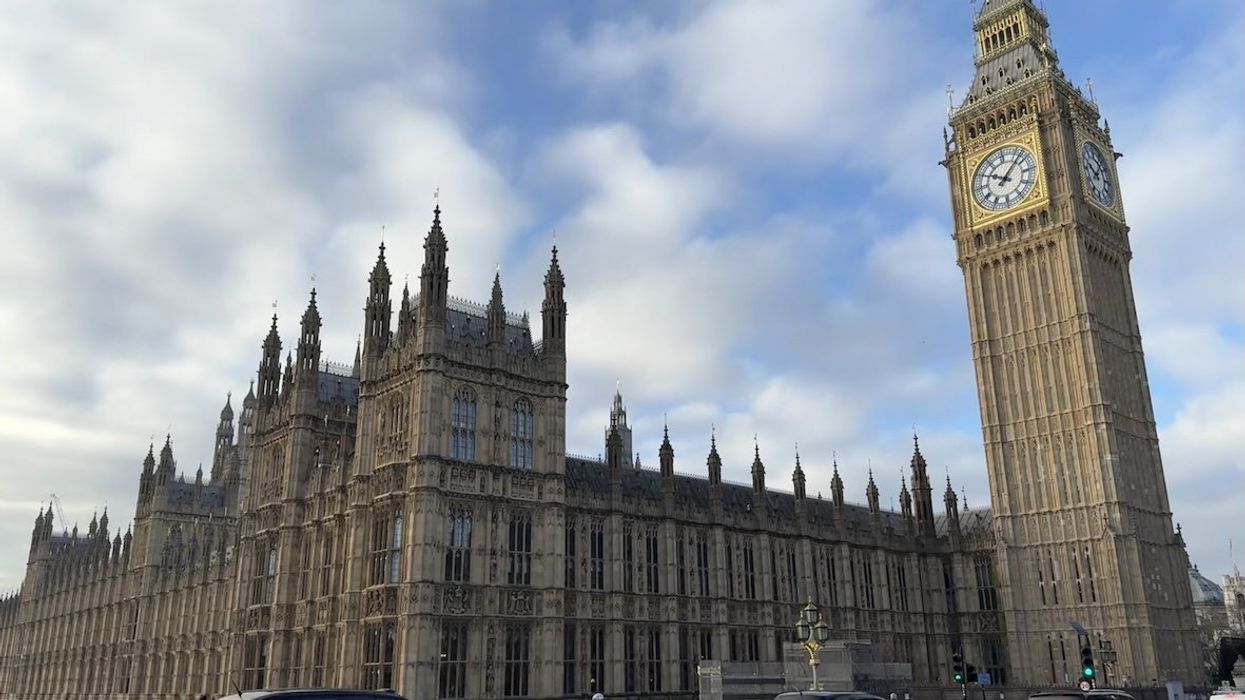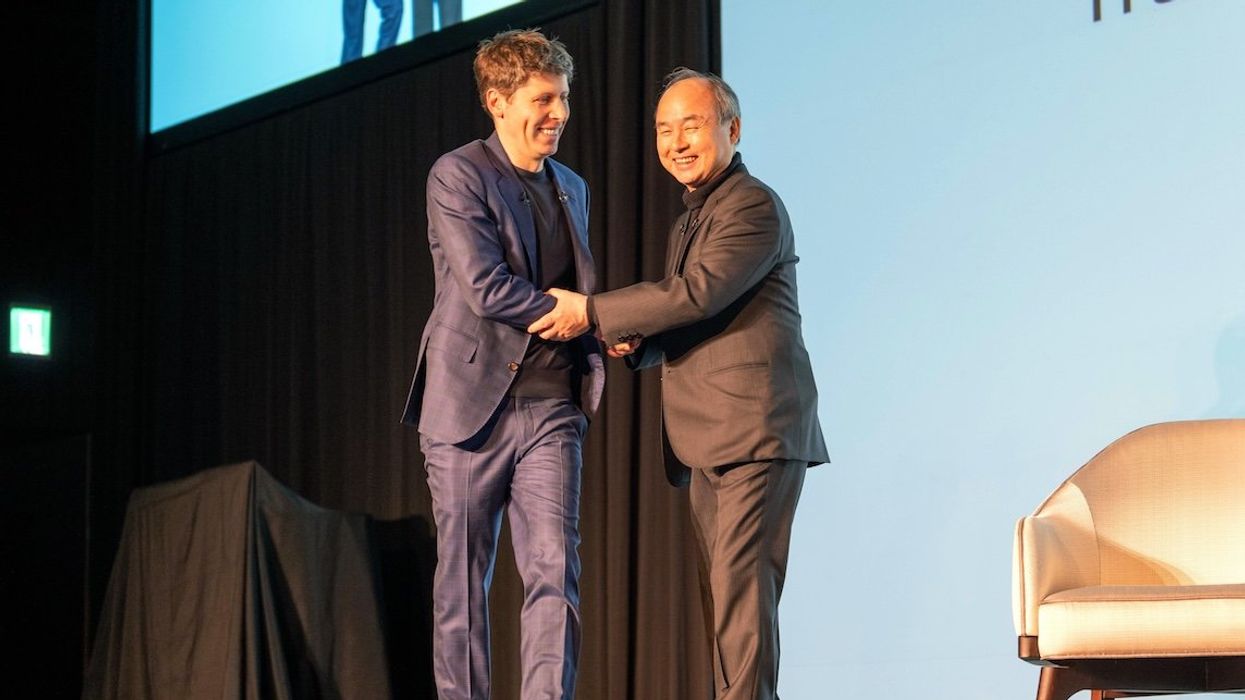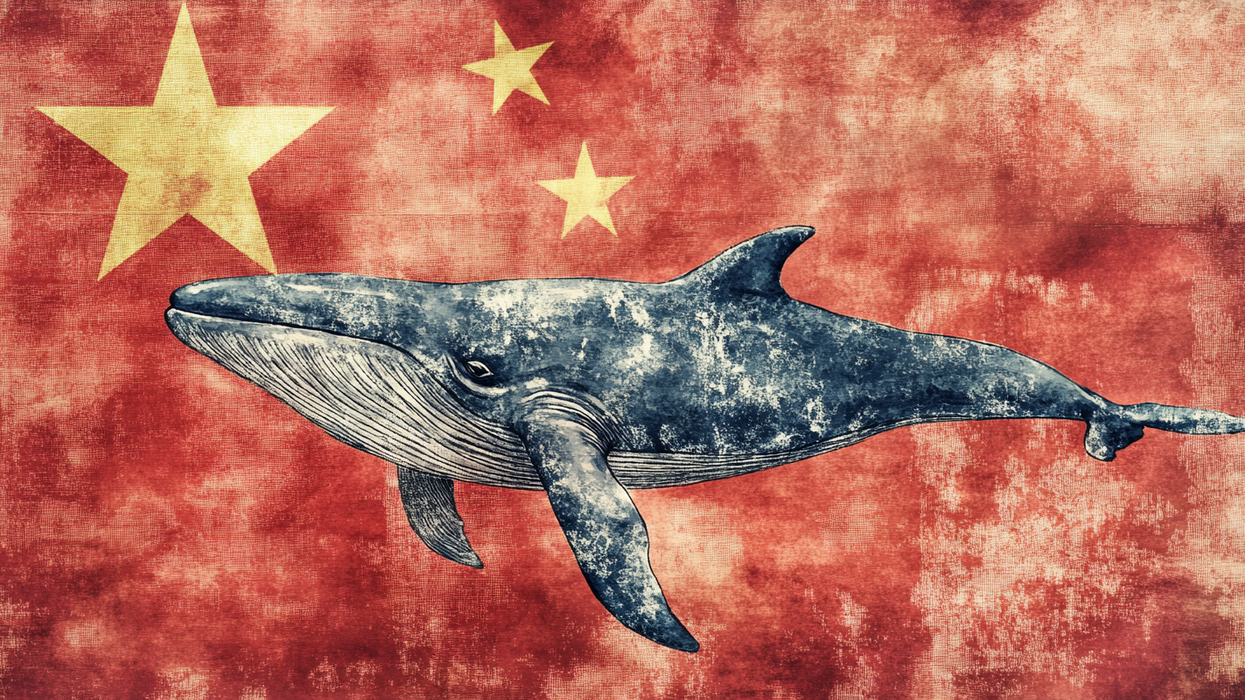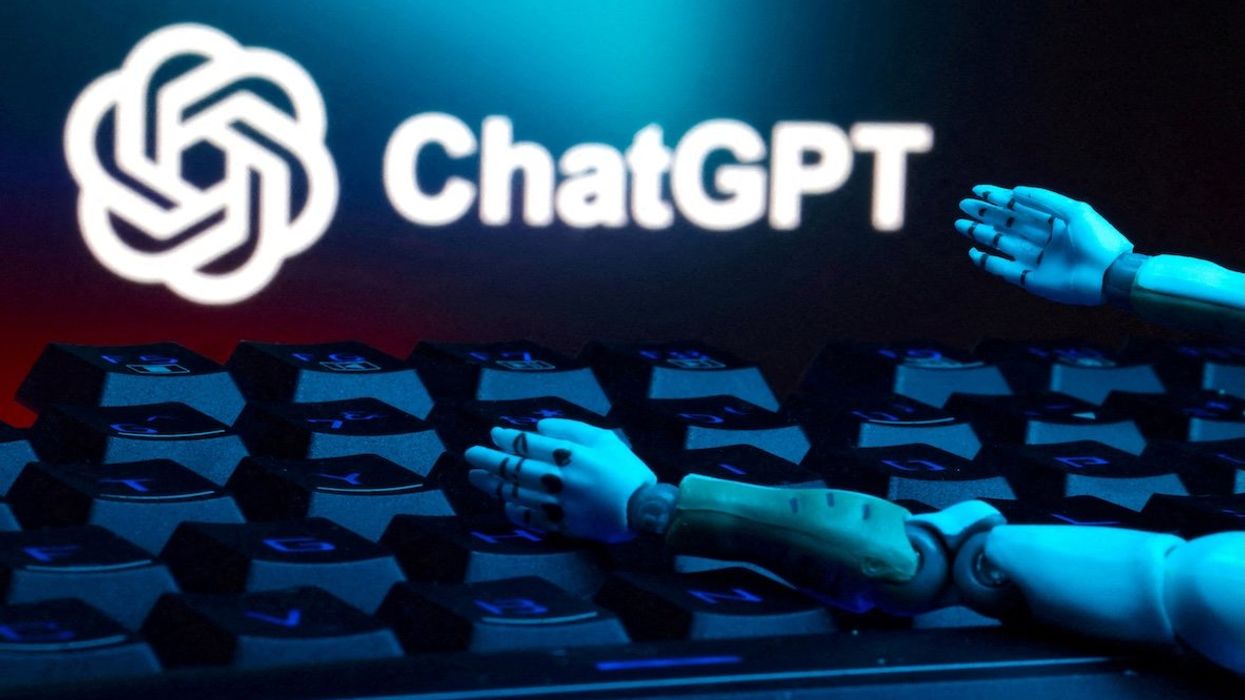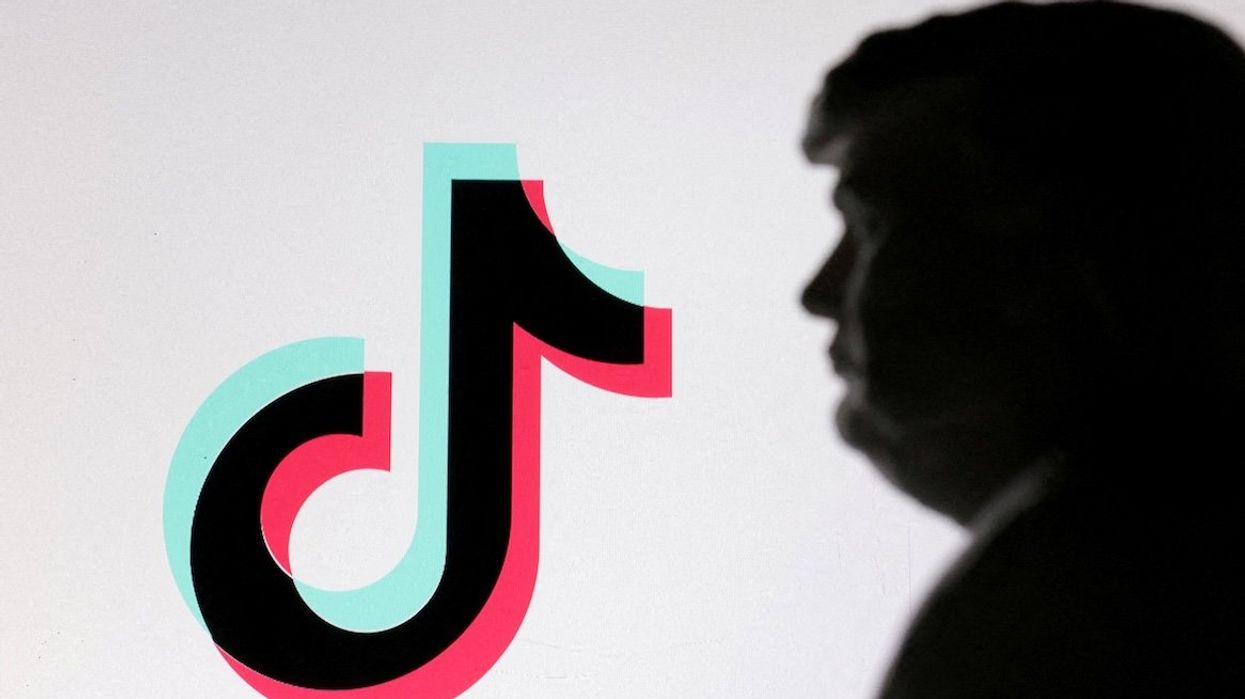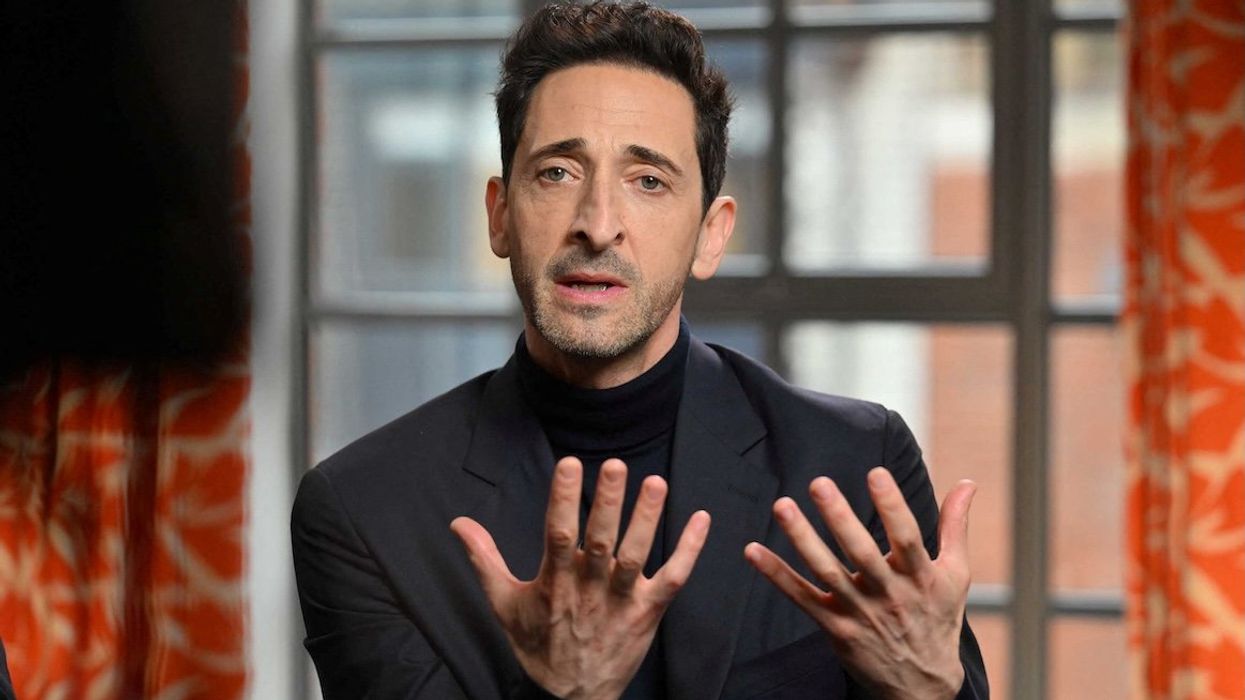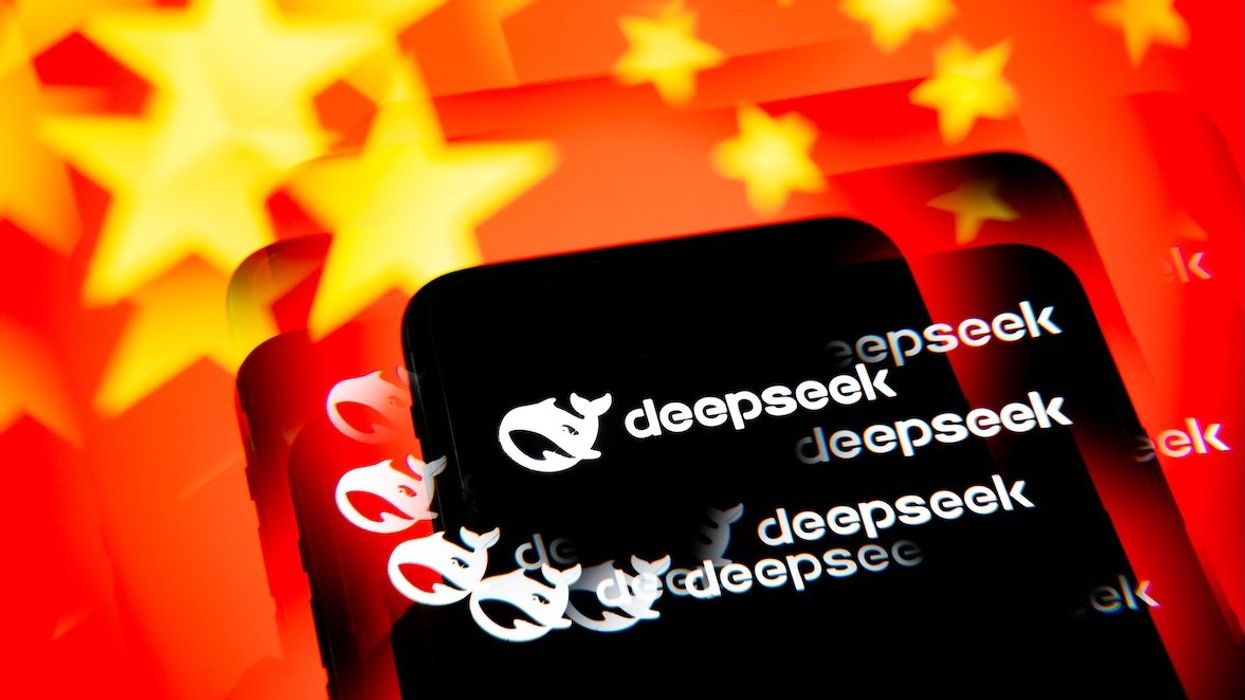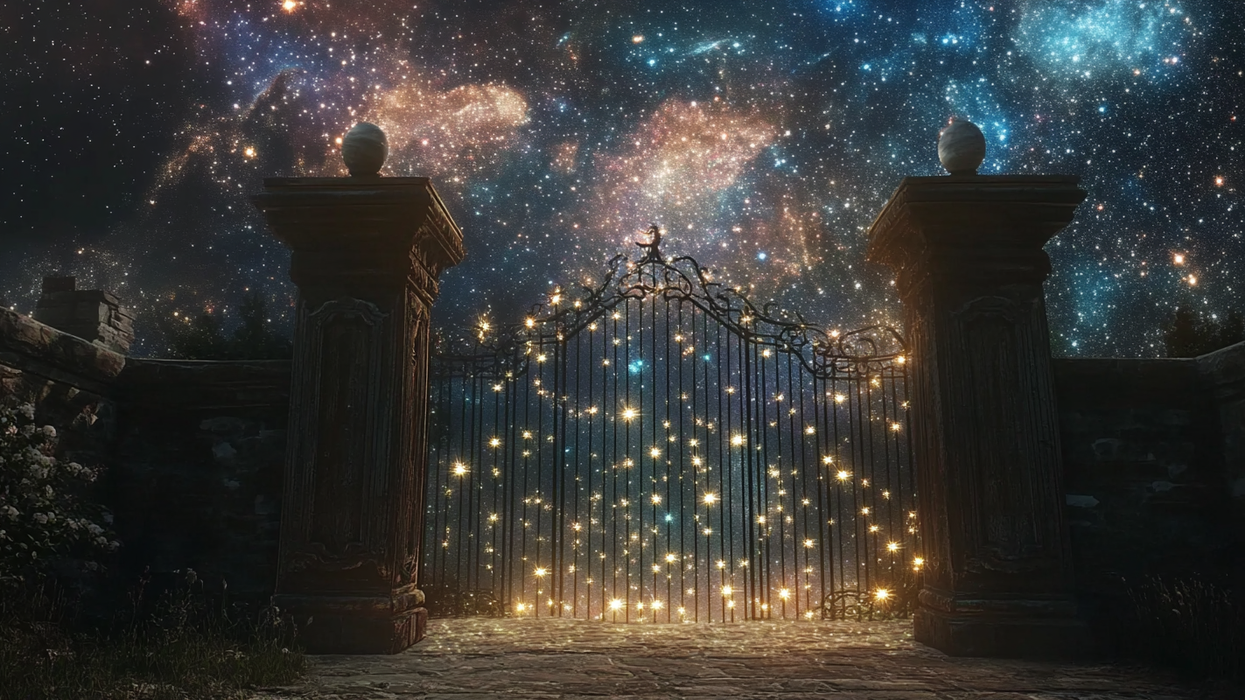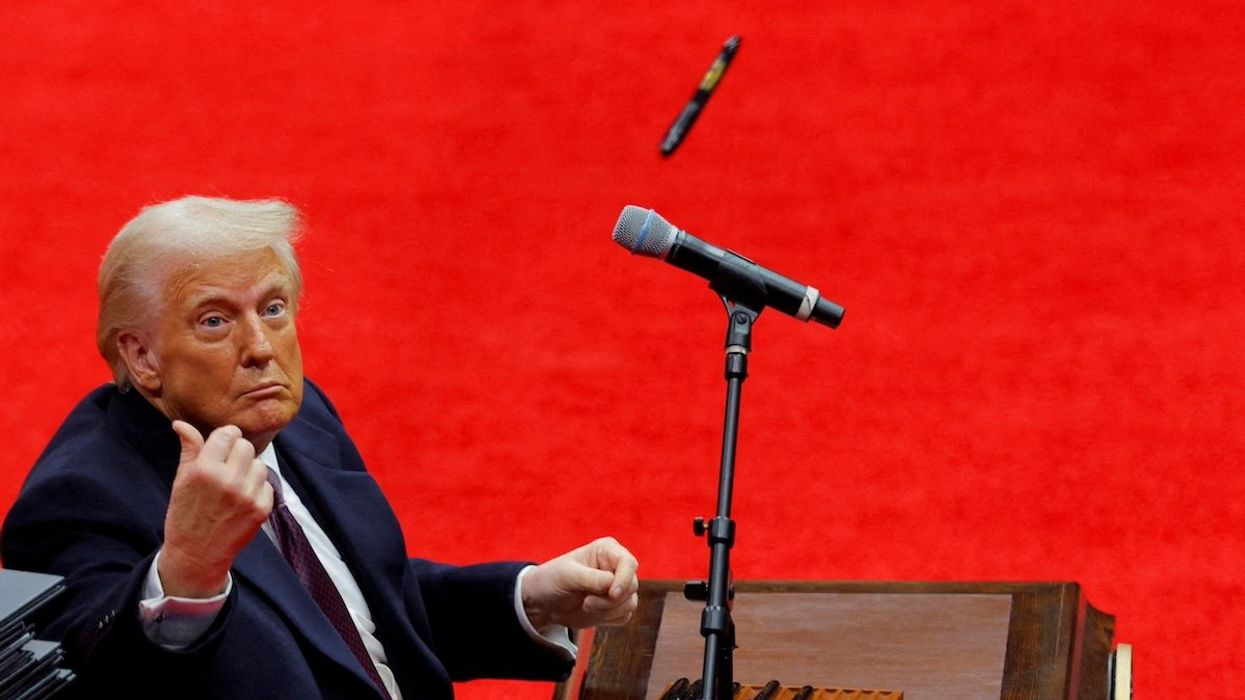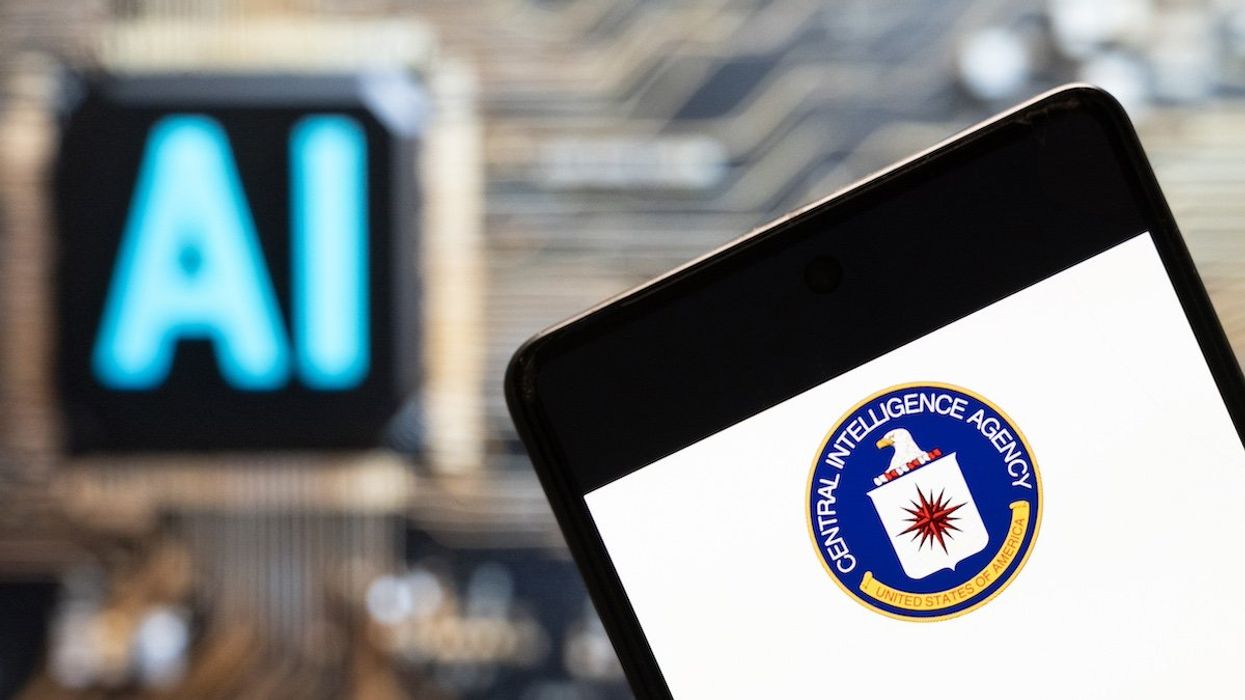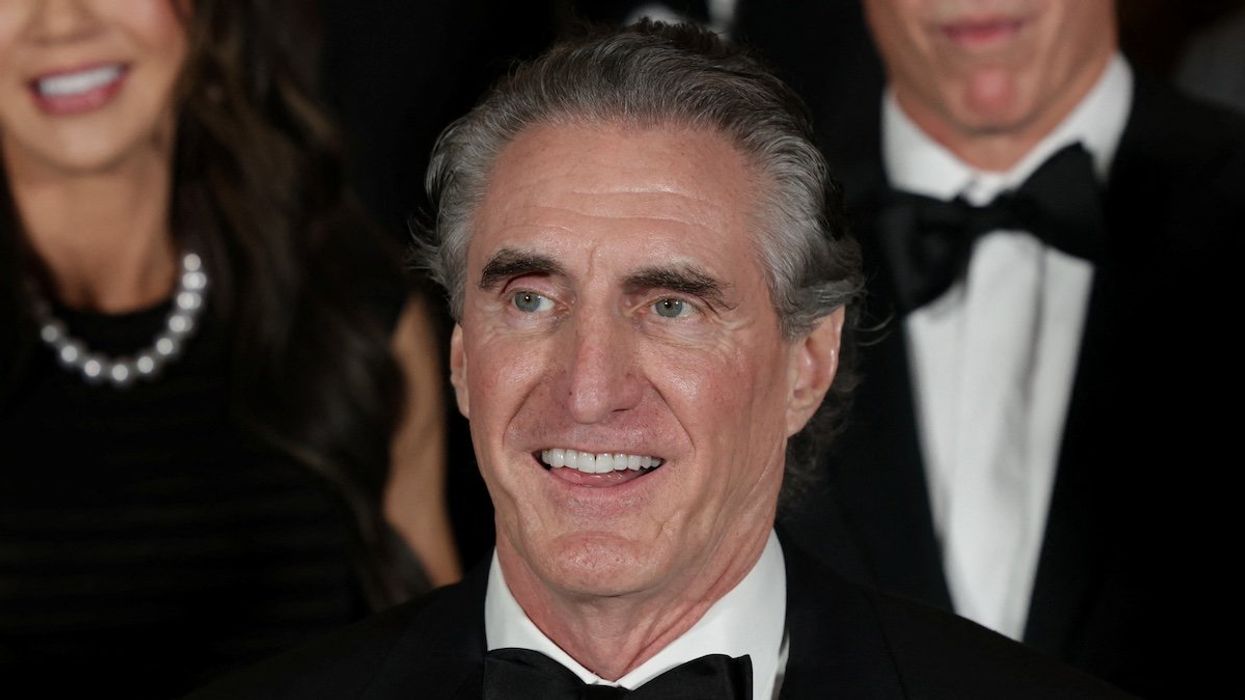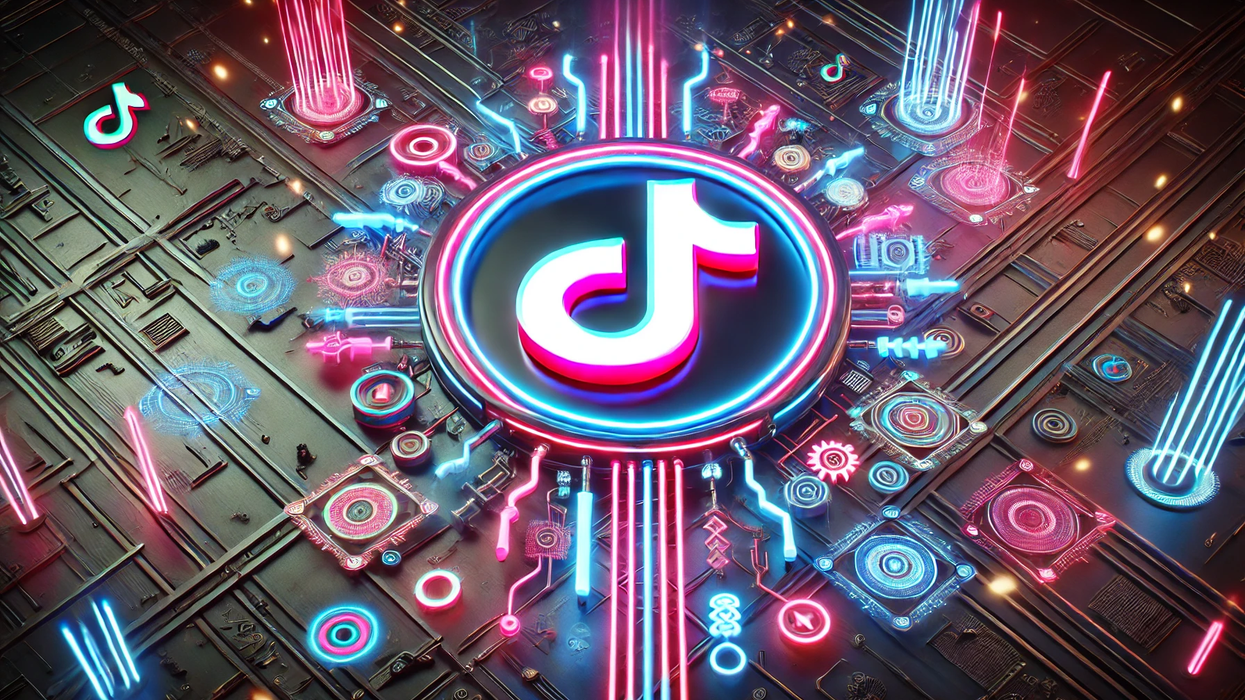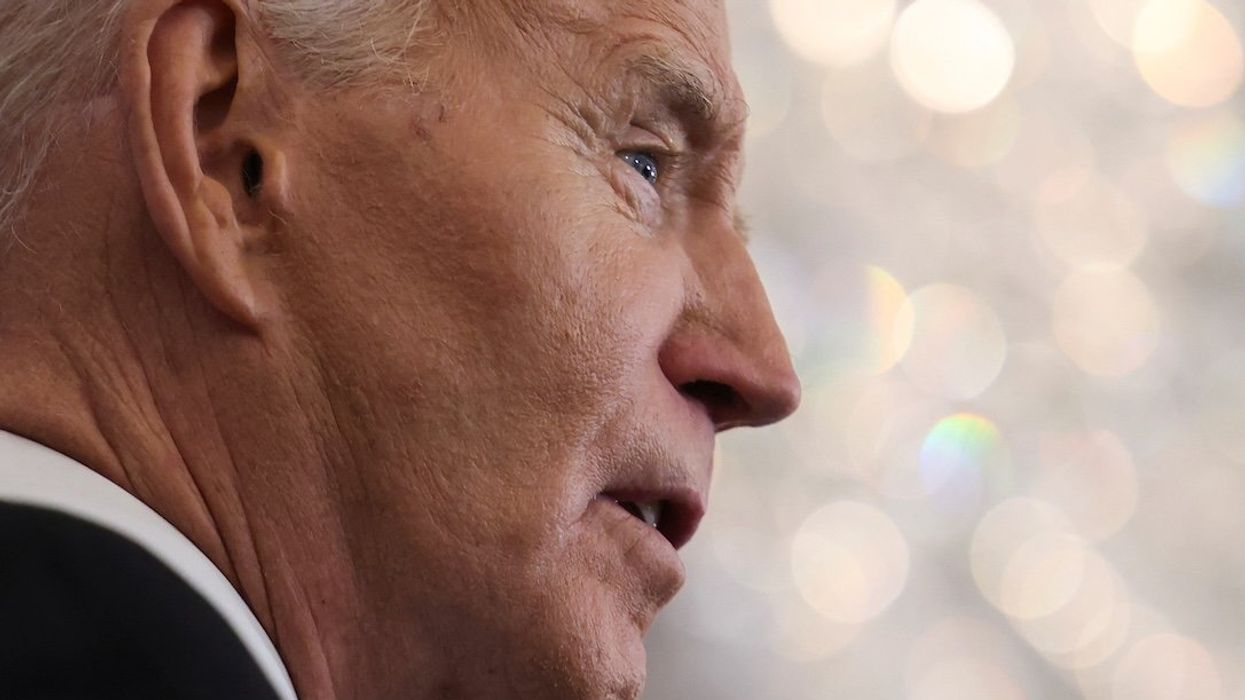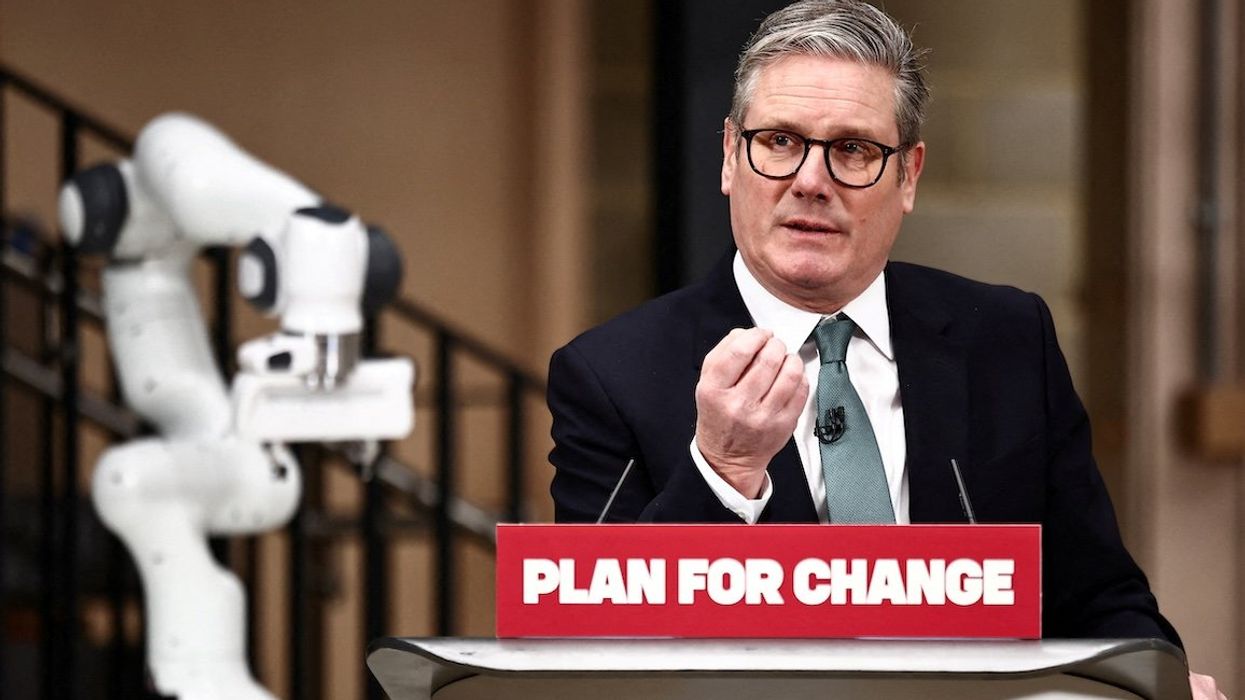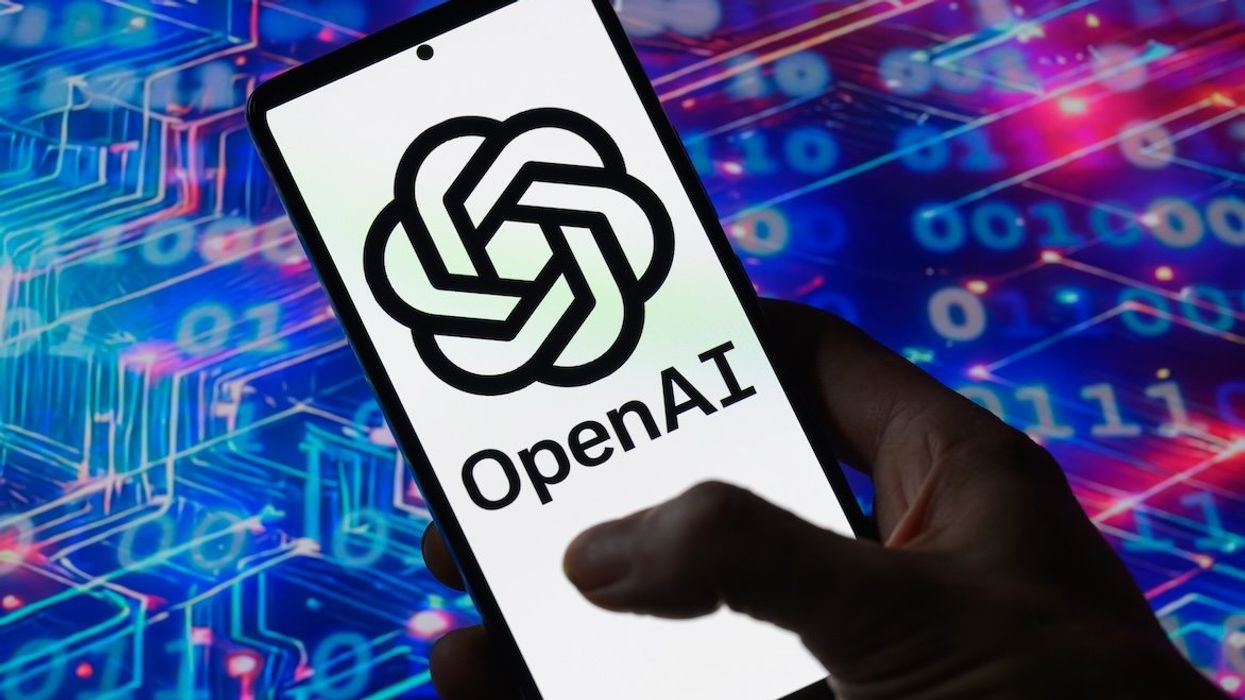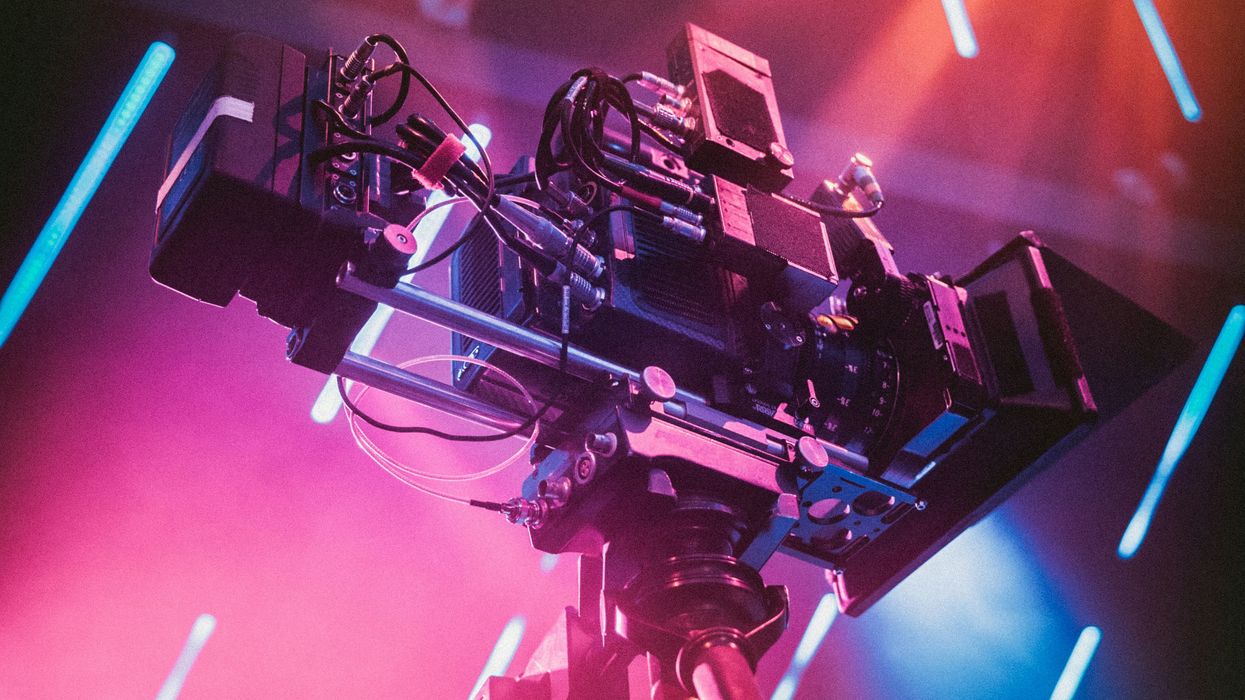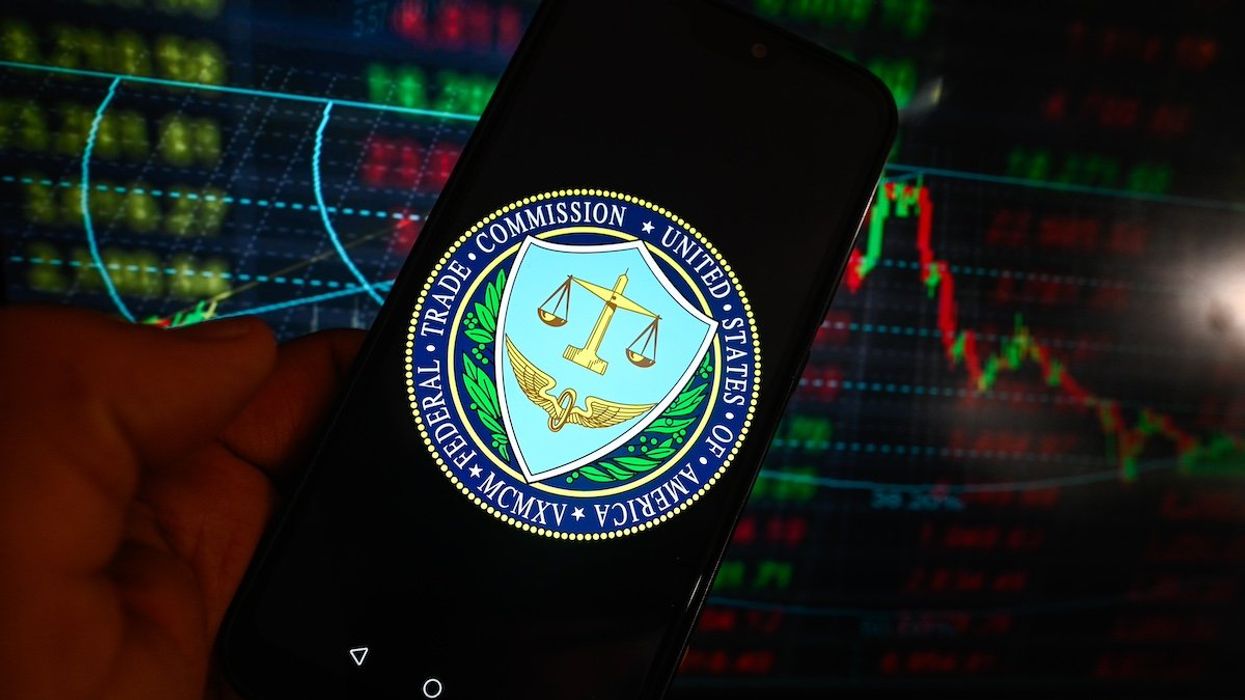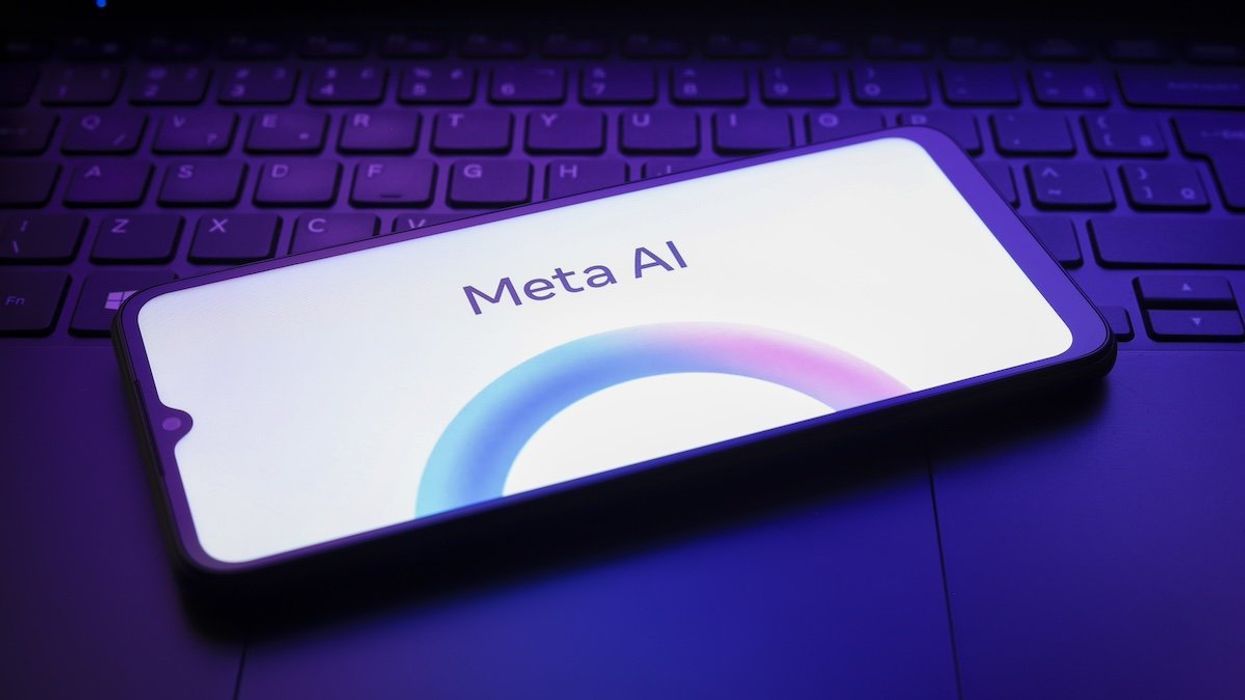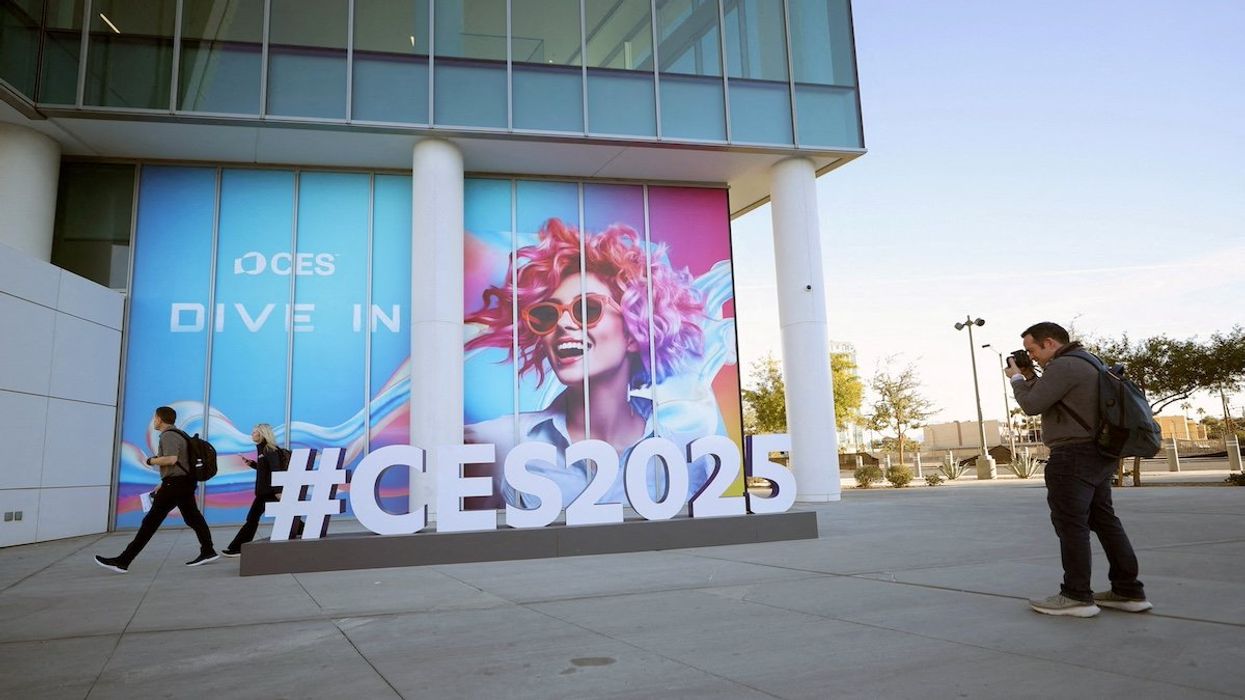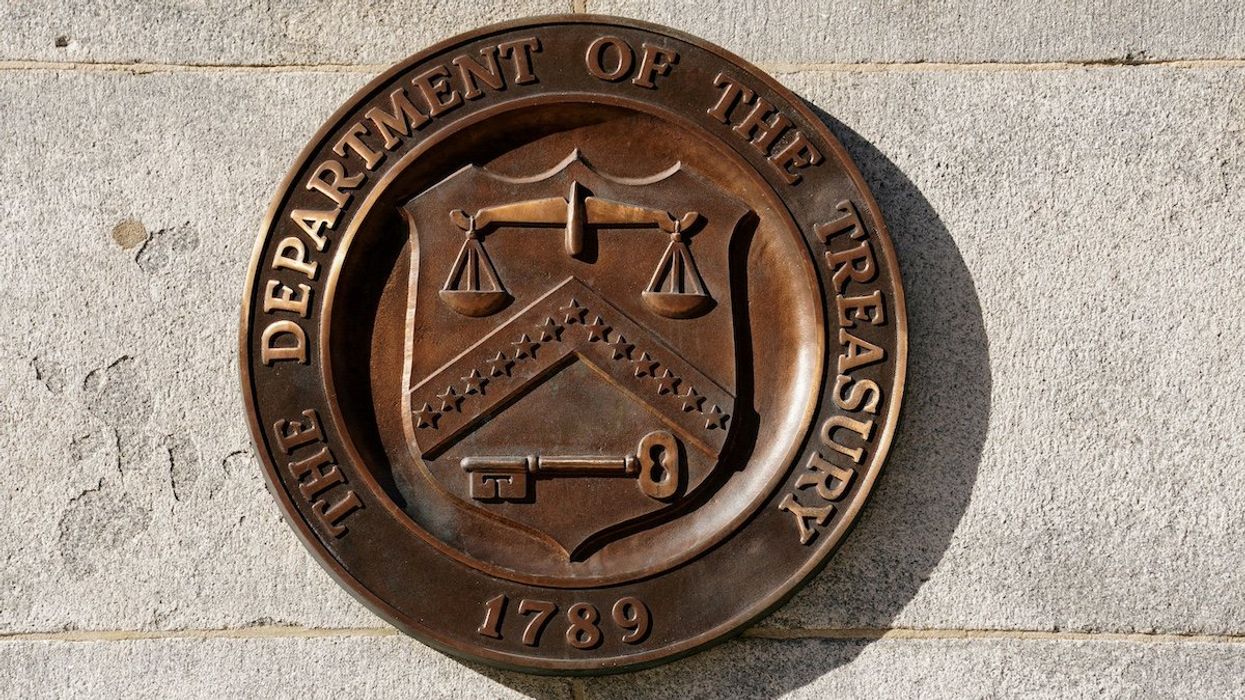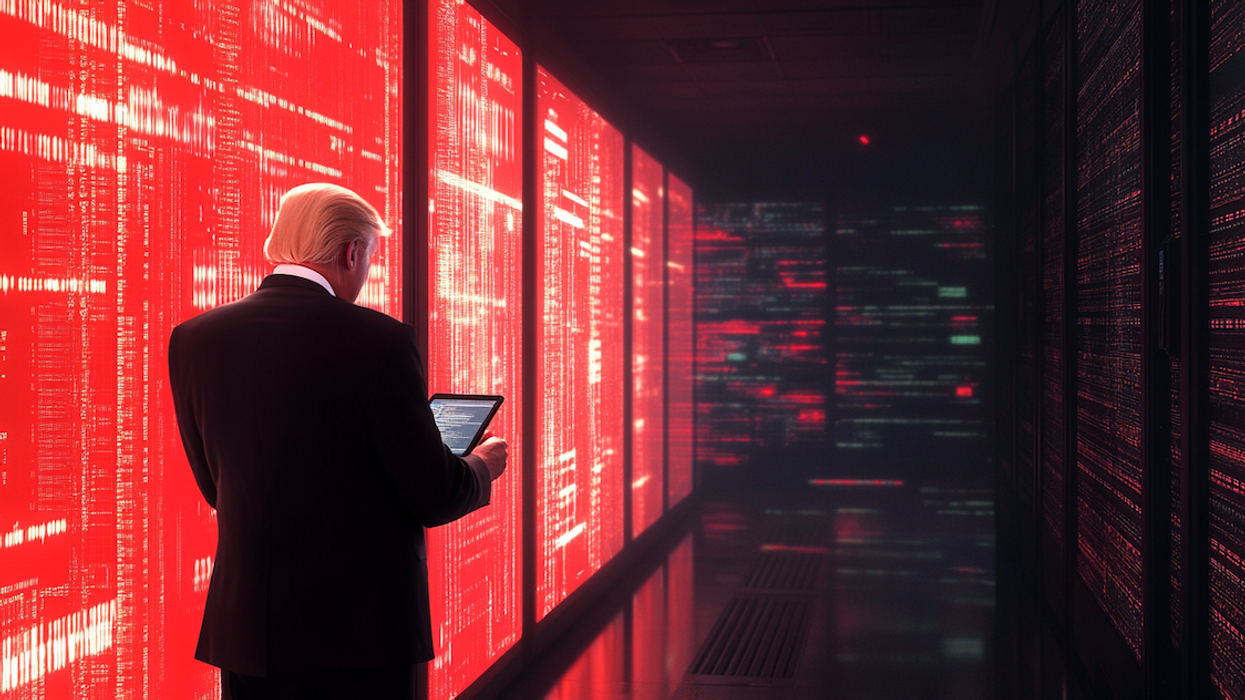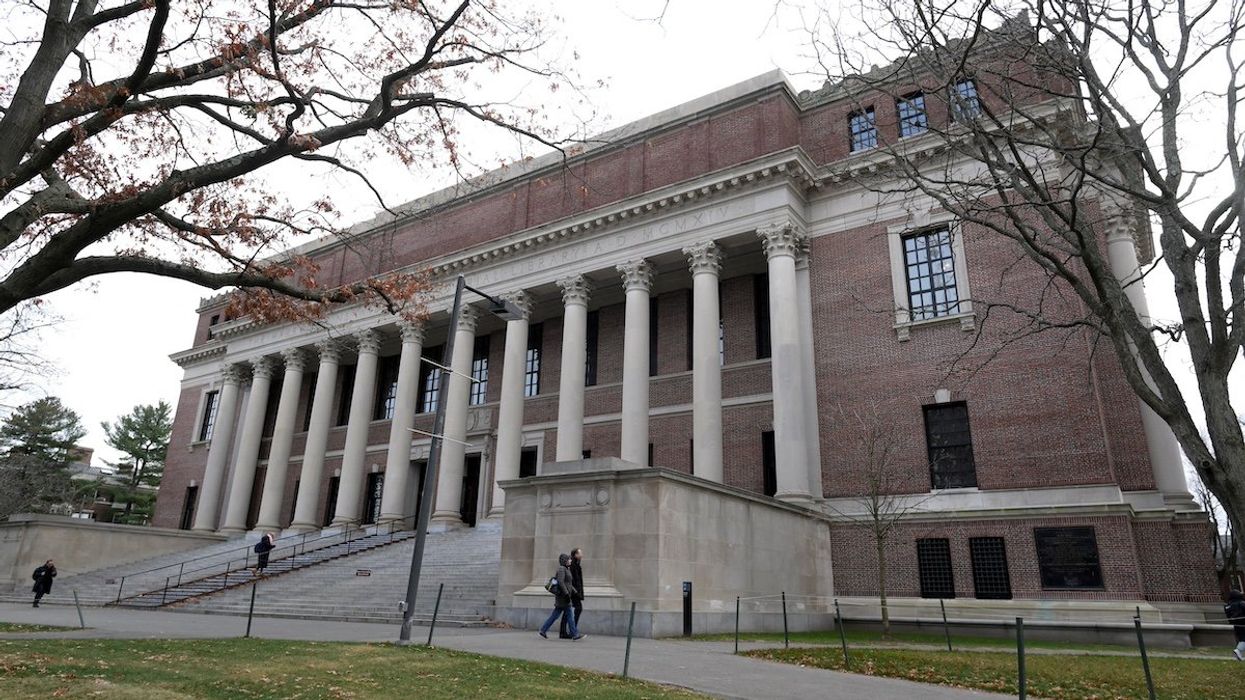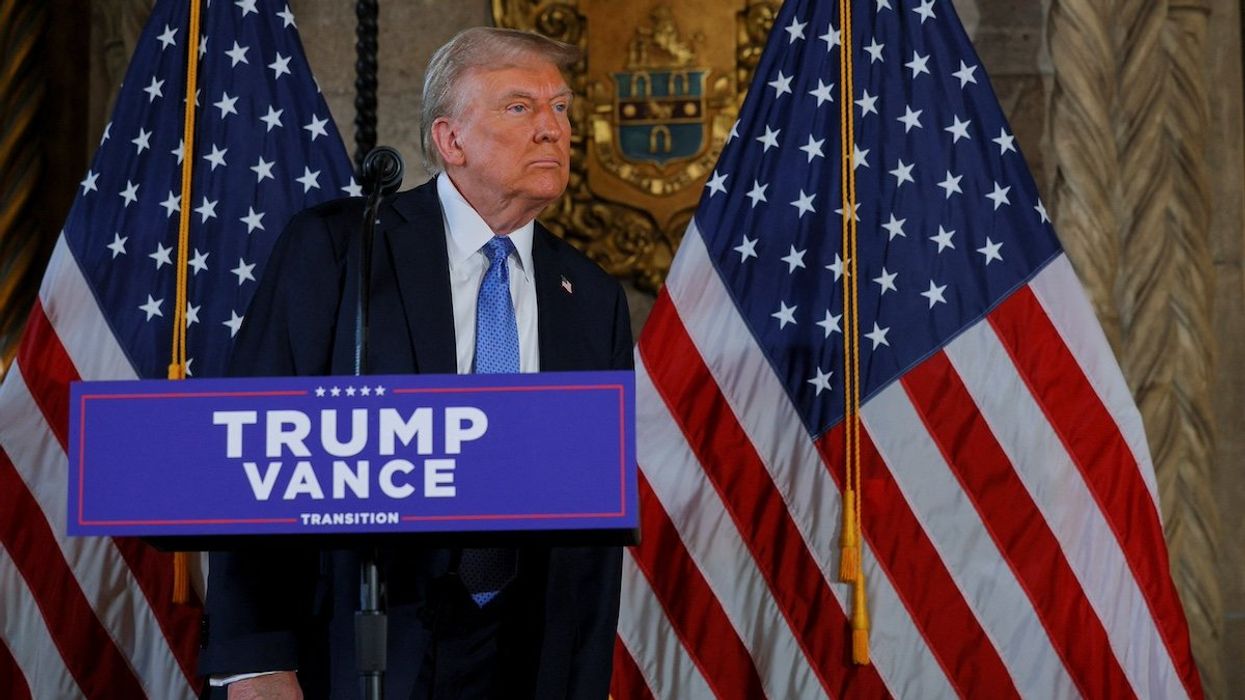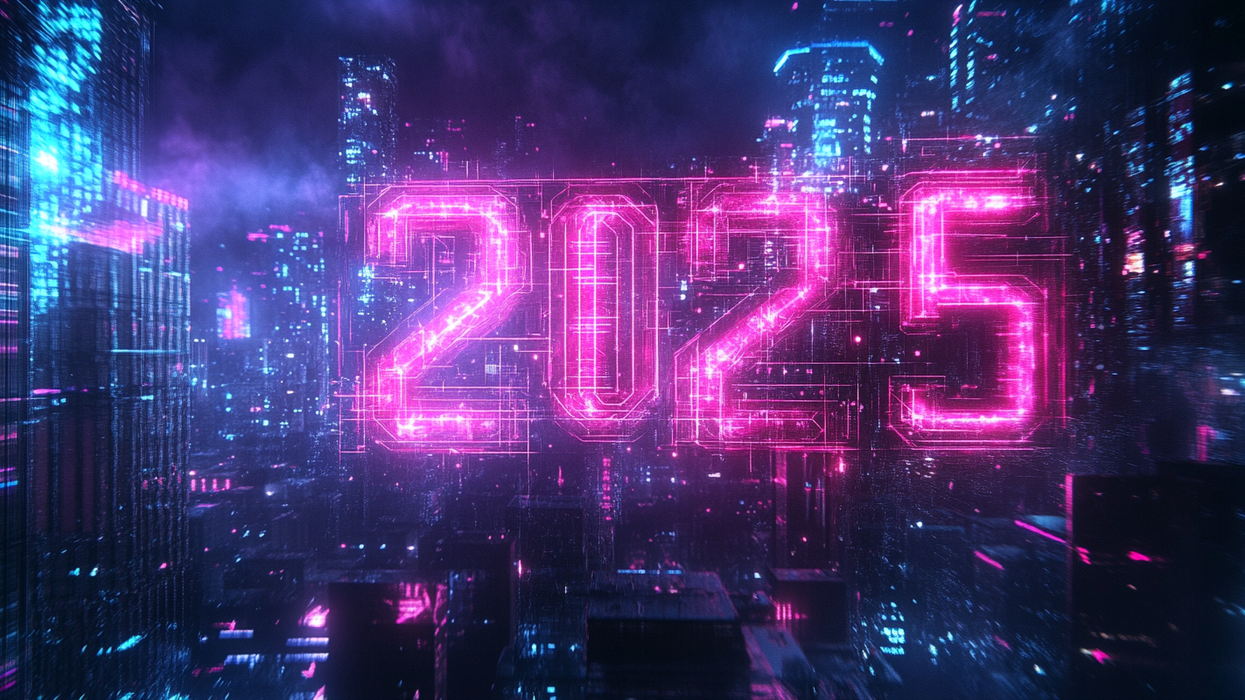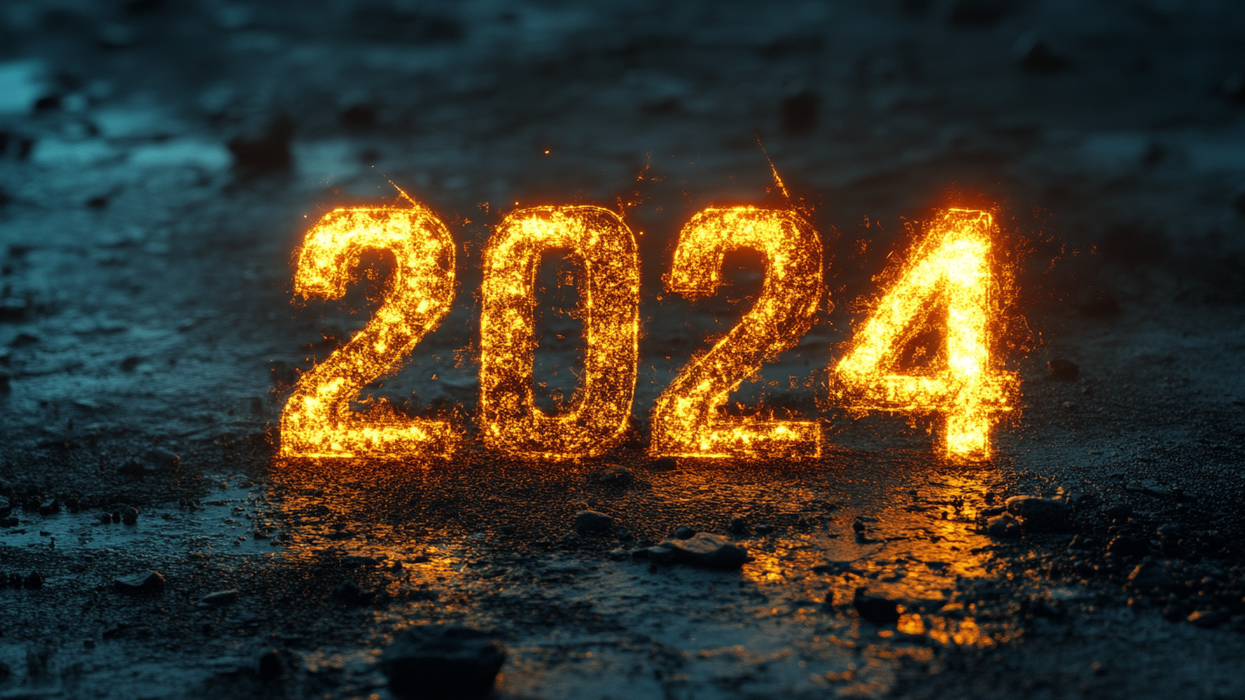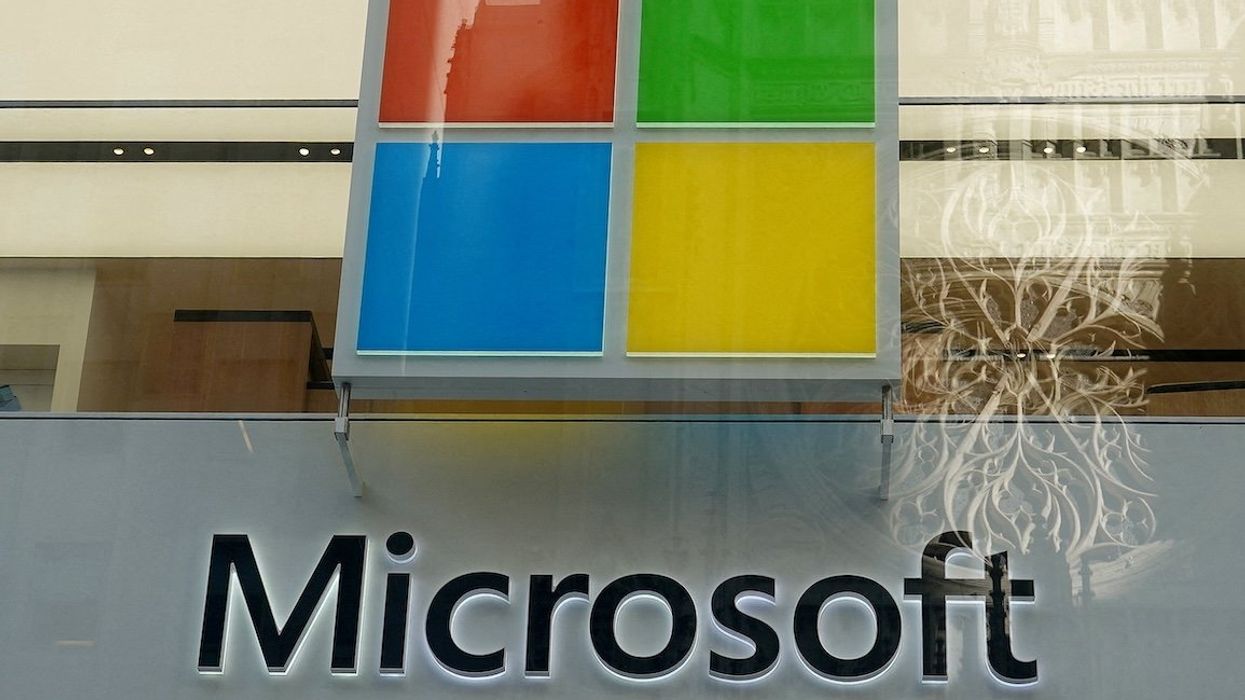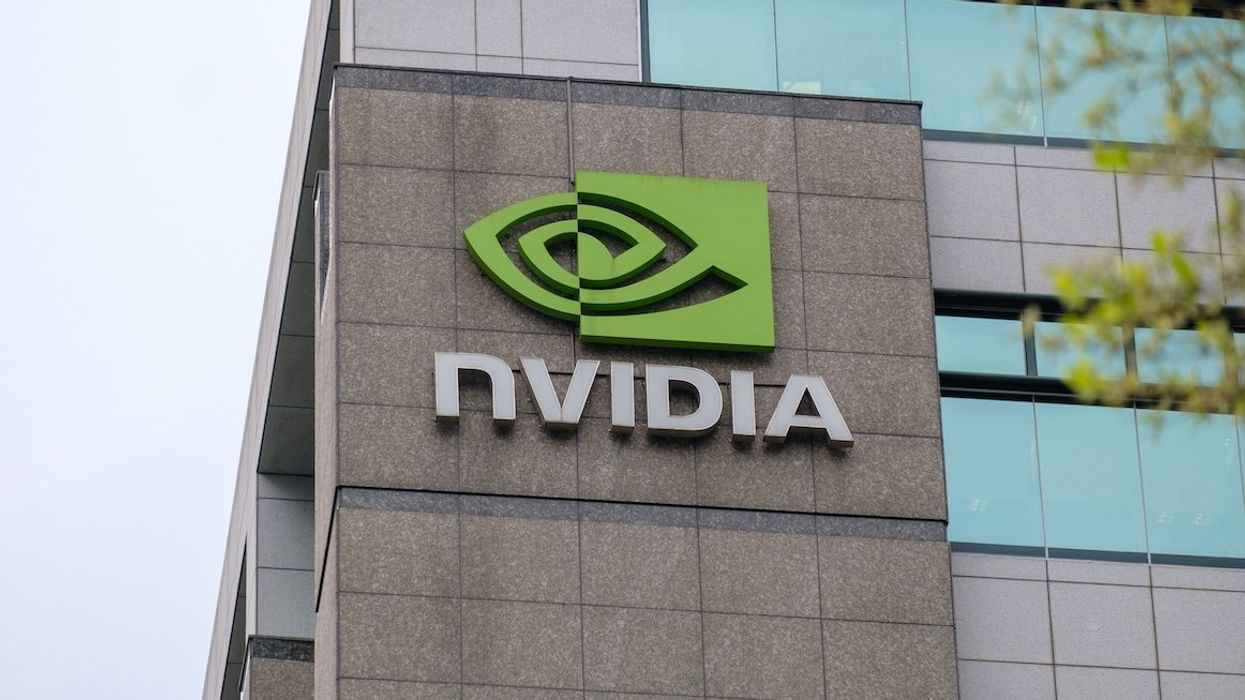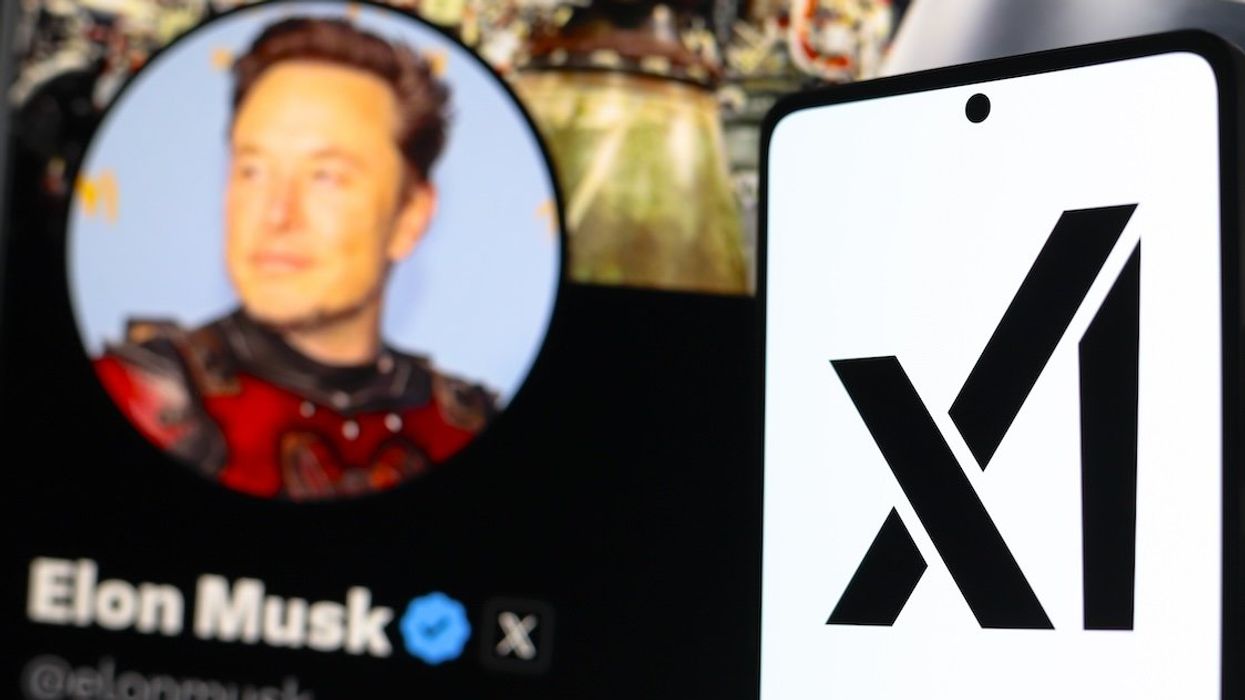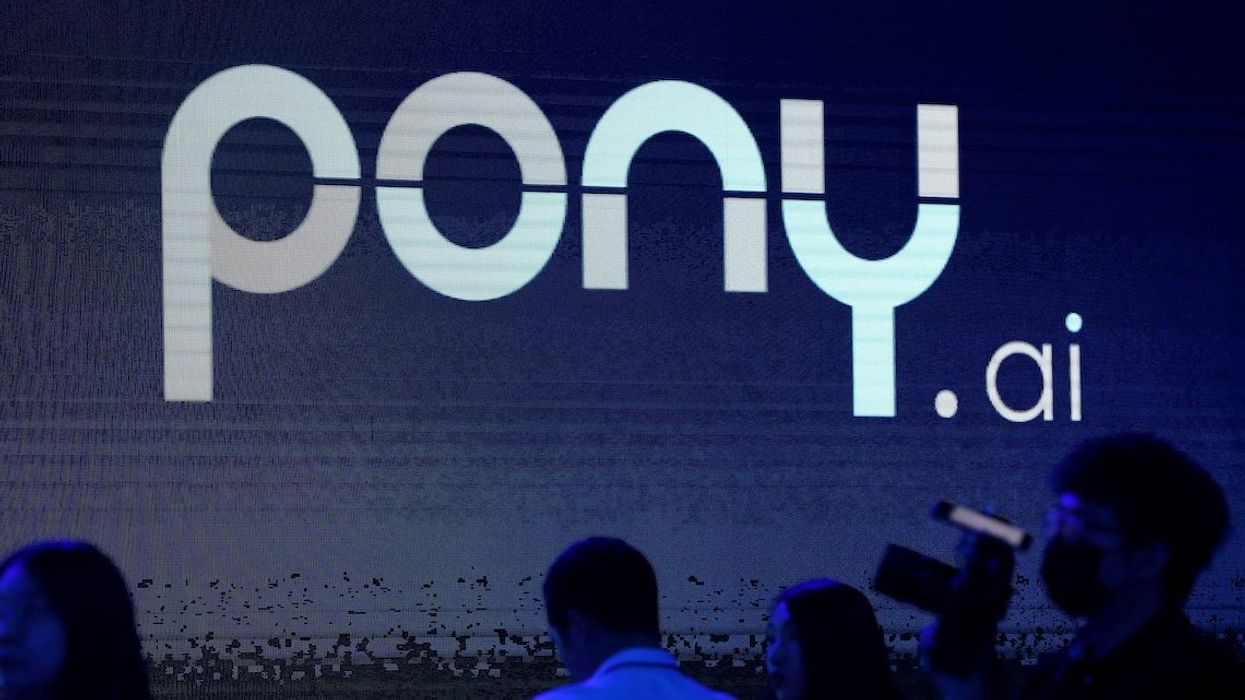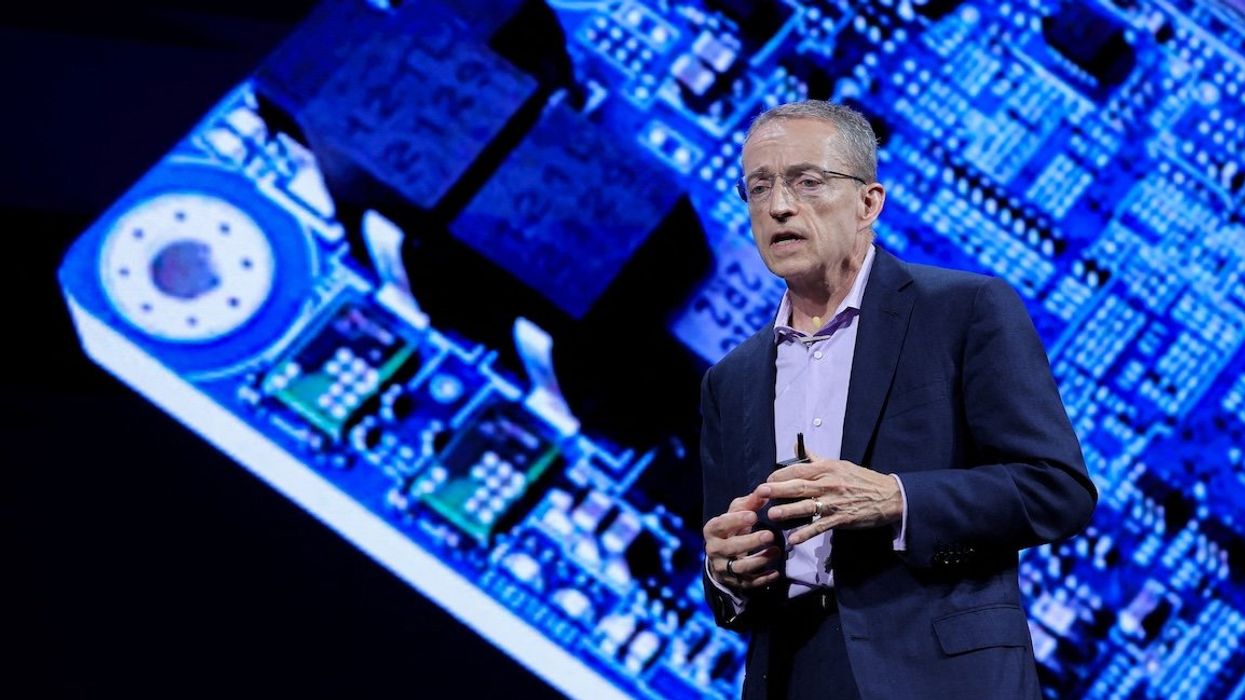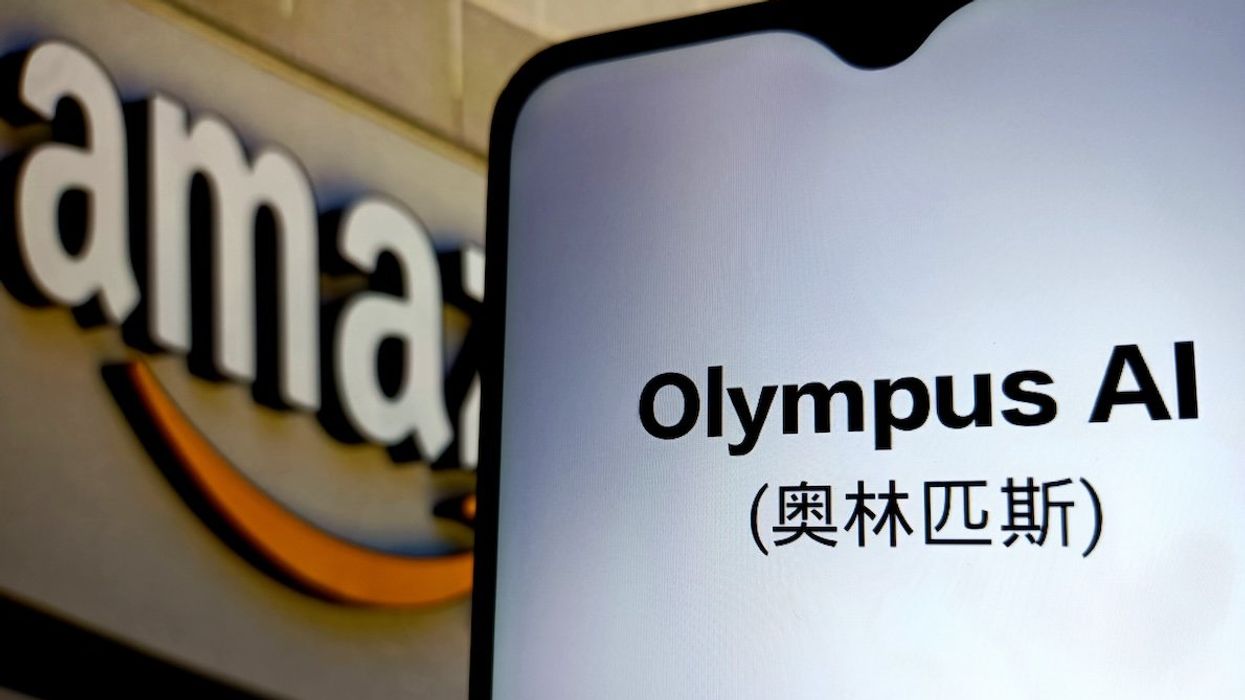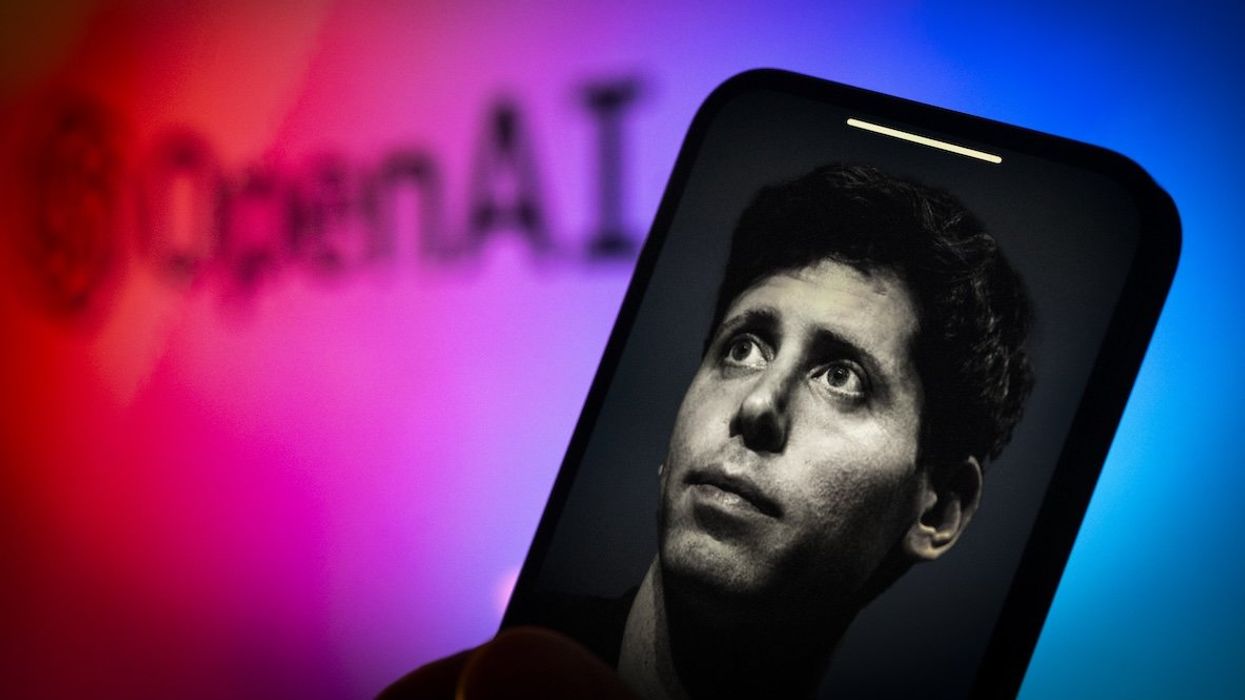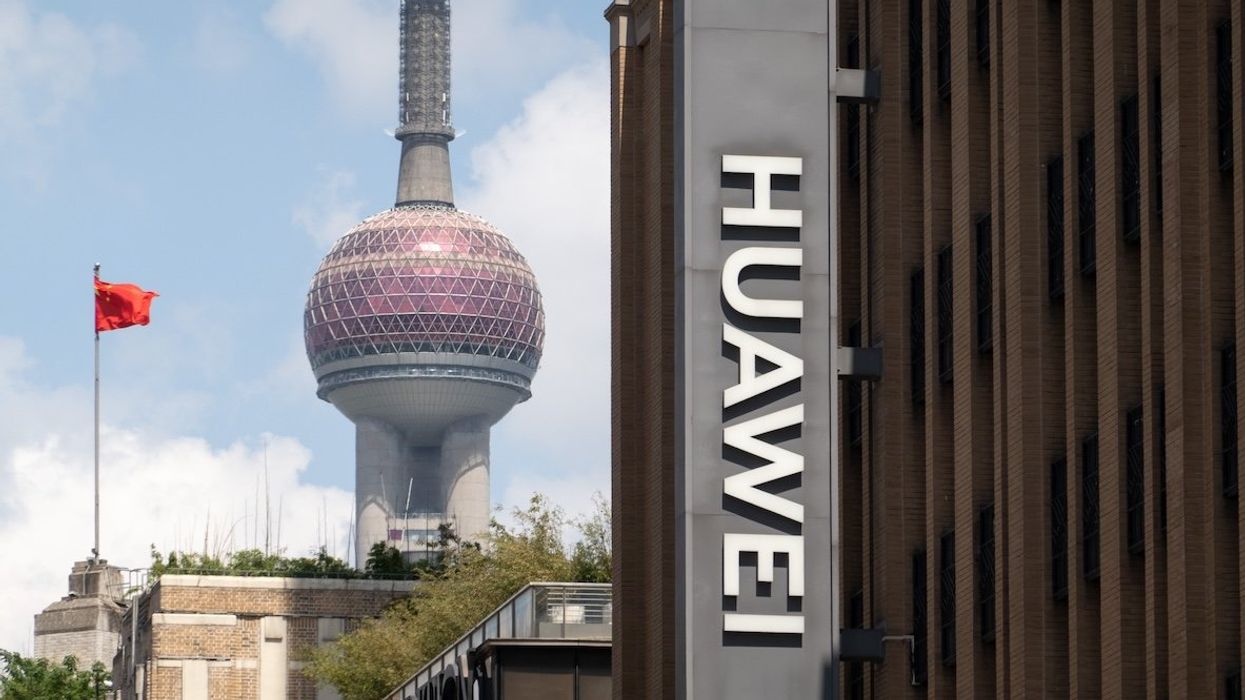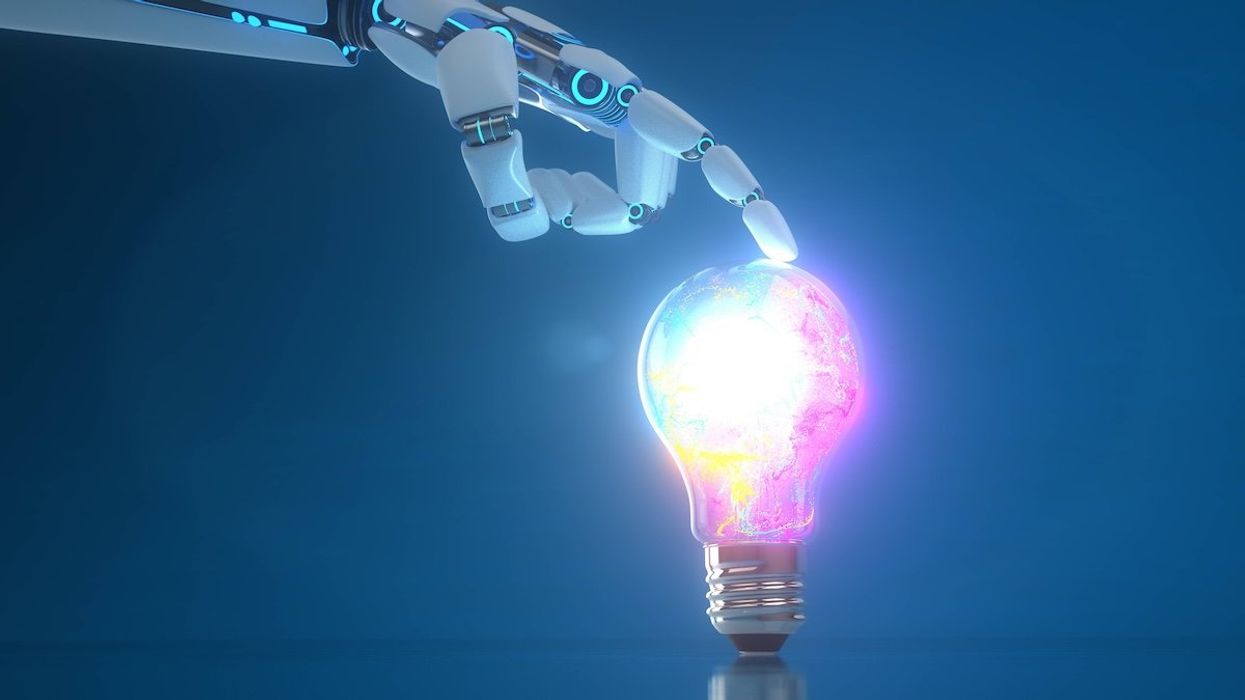VIDEOSGZERO World with Ian BremmerQuick TakePUPPET REGIMEIan ExplainsGZERO ReportsAsk IanGlobal Stage
Site Navigation
Search
Human content,
AI powered search.
Latest Stories
Start your day right!
Get latest updates and insights delivered to your inbox.
GZERO AI
The latest on artificial intelligence and its implications - from the GZERO AI newsletter.
Presented by
Taylor Owen, professor at the Max Bell School of Public Policy at McGill University and director of its Centre for Media, Technology & Democracy, co-hosts GZERO AI, our new weekly video series intended to help you keep up and make sense of the latest news on the AI revolution. In this episode of the series, Taylor Owen takes a look at the OpenAI-Sam Altman drama.
Hi, I'm Taylor Owen. This is GZERO AI. So if you're watching this video, then like me, you're probably glued to your screen over the past week, watching the psychodrama play out at OpenAI, a company literally at the center of the current AI moment we're in.
Sam Altman, the CEO of OpenAI, was kicked out of his company by his own board of directors. Under a week later, he was back as CEO, and all but one of those board members was gone. All of this would be amusing, and it certainly was in a glib sort of way, if the consequences weren't so profound. I've been thinking a lot about how to make sense of all this, and I keep coming back to this profound sense of deja vu.
First, though, a quick recap. We don't know all of the details, but it really does seem to be the case that at the core of this conflict was a tension between two different views of what OpenAI was and will be in the future. Remember, OpenAI was founded in 2015 as a nonprofit, and a nonprofit because it was choosing a mission of building technologies to benefit all of humanity over a private corporate mission of increasing value for shareholders. When they started running out of money, though, a couple of years later, they embedded a for-profit entity within this nonprofit structure so that they could capitalize on the commercial value of the products that the nonprofit was building. This is where the tension lied, between the incentives of a for-profit engine and the values and mission of a nonprofit board structure.
All of this can seem really new. OpenAI was building legitimately groundbreaking technologies, technologies that could transform our world. But I think the problem and the wider problem here is not a new one. This is where I was getting deja vu. Back in the early days of Web 2.0, there was also a huge amount of excitement over a new disruptive technology. In this case, the power of social media. In some ways, events like the Arab Spring were very similar to the emergence of ChatGPT, a seismic of event that demonstrated to broader society the power of an emerging technology.
Now I spent the last 15 years studying the emergence of social media, and in particular how we as societies can balance the immense benefits and upside of these technologies with also the clear downside risks as they emerged. I actually think we got a lot of that balance wrong. It's times like this when a new technology emerges that we need to think carefully about what lessons we can learn from the past. I want to highlight three.
First, we need to be really clear-eyed about who has power in the technological infrastructure we're deploying. In the case of OpenAI, it seems very clear that the profit incentives won over the more broader social mandate. Power is also, though, who controls infrastructure. In this case, Microsoft played a big role. They controlled the compute infrastructure, and they wielded this power to come out on top in this turmoil.
Second, we need to bring the public into this discussion. Ultimately, a technology will only be successful if it has legitimate citizen buy-in, if it has a social license. What are citizens supposed to think when they hear the very people building these technologies disagreeing over their consequences? Ilya Sutskever, for example, said just a month ago, "If you value intelligence over all human qualities, you're going to have a bad time," when talking about the future of AI. This kind of comment coming from the very people that are building the technologies is just exacerbating an already deep insecurity many people feel about the future. Citizens need to be allowed and be enabled and empowered to weigh into the conversation about the technologies that are being built on their behalf.
Finally, we simply need to get the governance right this time. We didn't last time. For over 20 years, we've largely left the social web unregulated, and it's had disastrous consequences. This means not being confused by technical or systemic complexity masking lobbying efforts. It means applying existing laws and regulations first ... In the case of AI, things like copyright, online safety rules, data privacy rules, competition policy ... before we get too bogged down in big, large-scale AI governance initiatives. We just can't let the perfect be the enemy of the good. We need to iterate, experiment, and countries need to learn from each other in how they step into this complex new world of AI governance.
Unfortunately, I worry we're repeating some of the same mistakes of the past. Once again, we're moving fast and we're breaking things. If the new board of OpenAI is any indication about how they're thinking about governance and how the AI world in general values and thinks about governance, there's even more to worry about. Three white men calling the shots at a tech company that could very well transform our world. We've been here before, and it doesn't end well. Our failure to adequately regulate social media had huge consequence. While the upside of AI is undeniable, it's looking like we're making many of the same mistakes, only this time the consequences could be even more dire.
I'm Taylor Owen, and thanks for watching.
Keep reading...Show less
More from GZERO AI
What we learned from a week of AI-generated cartoons
April 01, 2025
Nvidia delays could slow down China at a crucial time
April 01, 2025
North Korea preps new kamikaze drones
April 01, 2025
Apple faces false advertising lawsuit over AI promises
March 25, 2025
The Vatican wants to protect children from AI dangers
March 25, 2025
Europe hungers for faster chips
March 25, 2025
How DeepSeek changed China’s AI ambitions
March 25, 2025
Inside the fight to shape Trump’s AI policy
March 18, 2025
Europol warns of AI-powered organized crime
March 18, 2025
Europe’s biggest companies want to “Buy European”
March 18, 2025
Beijing calls for labeling of generative AI
March 18, 2025
The new AI threats from China
March 18, 2025
DeepSeek says no to outside investment — for now
March 11, 2025
Palantir delivers two key AI systems to the US Army
March 11, 2025
China announces a state-backed AI fund
March 11, 2025
Did Biden’s chip rules go too far?
March 04, 2025
China warns AI executives over US travel
March 04, 2025
Trump cuts come to the National Science Foundation
March 04, 2025
The first AI copyright win is here — but it’s limited in scope
February 25, 2025
Adobe’s Firefly is impressive and promises it’s copyright-safe
February 25, 2025
OpenAI digs up a Chinese surveillance tool
February 25, 2025
Trump plans firings at NIST, tasked with overseeing AI
February 25, 2025
Silicon Valley and Washington push back against Europe
February 25, 2025
France puts the AI in laissez-faire
February 18, 2025
Meta’s next AI goal: building robots
February 18, 2025
Intel’s suitors are swarming
February 18, 2025
South Korea halts downloads of DeepSeek
February 18, 2025
Elon Musk’s government takeover is powered by AI
February 11, 2025
First US DeepSeek ban could be on the horizon
February 11, 2025
France’s nuclear power supply to fuel AI
February 11, 2025
Christie’s plans its first AI art auction
February 11, 2025
Elon Musk wants to buy OpenAI
February 11, 2025
JD Vance preaches innovation above all
February 11, 2025
AI pioneers share prestigious engineering prize
February 04, 2025
Britain unveils new child deepfake law
February 04, 2025
OpenAI strikes a scientific partnership with US National Labs
February 04, 2025
Europe’s AI Act starts to take effect
February 04, 2025
Is DeepSeek the next US national security threat?
February 04, 2025
OpenAI launches ChatGPT Gov
January 28, 2025
An AI weapon detection system failed in Nashville
January 28, 2025
An Oscar for AI-enhanced films?
January 28, 2025
What DeepSeek means for the US-China AI war
January 28, 2025
What Stargate means for Donald Trump, OpenAI, and Silicon Valley
January 28, 2025
Trump throws out Biden’s AI executive order
January 21, 2025
Can the CIA’s AI chatbot get inside the minds of world leaders?
January 21, 2025
Doug Burgum’s coal-filled energy plan for AI
January 21, 2025
Day Two: The view for AI from Davos
January 21, 2025
Is the TikTok threat really about AI?
January 21, 2025
Biden wants AI development on federal land
January 14, 2025
Biden has one week left. His chip war with China isn’t done yet.
January 14, 2025
British PM wants sovereign AI
January 14, 2025
Automation is coming. Are you ready?
January 14, 2025
OpenAI offers its vision to Washington
January 14, 2025
Meta wants AI users — but maybe not like this
January 07, 2025
CES will be all about AI
January 07, 2025
Questions remain after sanctions on a Russian disinformation network
January 07, 2025
5 AI trends to watch in 2025
January 07, 2025
AI companies splash the cash around for Trump’s inauguration fund
December 17, 2024
Trump wades into the dockworkers dispute over automation
December 17, 2024
The world of AI in 2025
December 17, 2024
2024: The Year of AI
December 17, 2024
Microsoft gets OK to send chips to the UAE
December 10, 2024
Nvidia forges deals in American Southwest and Southeastern Asia
December 10, 2024
The AI military-industrial complex is here
December 10, 2024
Biden tightens China’s access to chips one last time
December 03, 2024
Intel is ready to move forward — without its CEO
December 03, 2024
Amazon is set to announce its newest AI model
December 03, 2024
Can OpenAI reach 1 billion users?
December 03, 2024
Will AI companies ever be profitable?
November 26, 2024
The US is thwarting Huawei’s chip ambitions
November 26, 2024
The AI energy crisis looms
November 26, 2024
Amazon’s grand chip plans
November 26, 2024
GZERO Series
GZERO Daily: our free newsletter about global politics
Keep up with what’s going on around the world - and why it matters.
